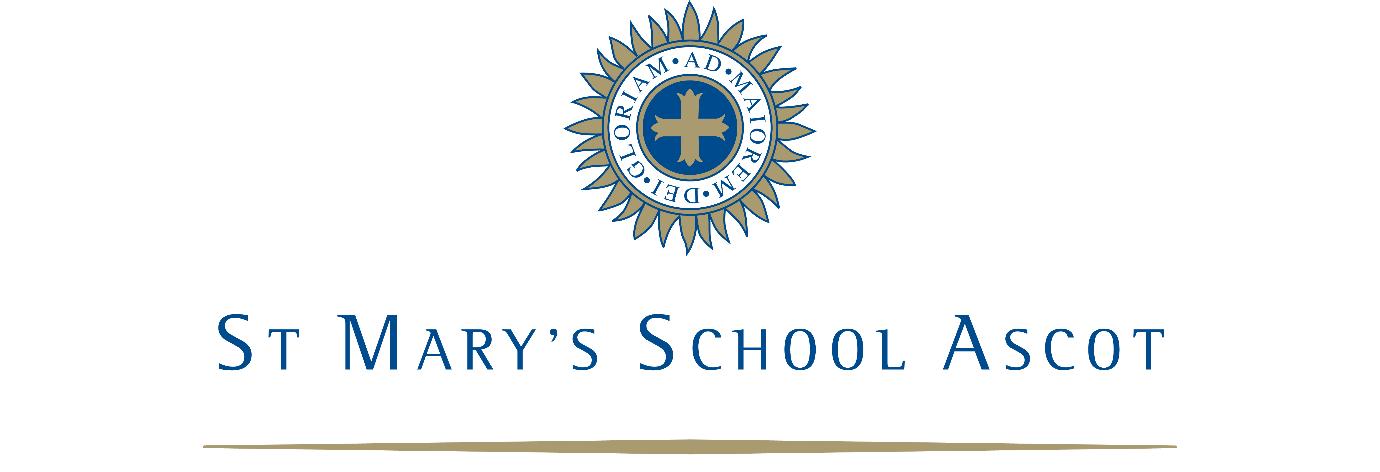




During the Michaelmas term, you are able to explore your options choices through whole year talks, Option Teas, the Sixth Form Information Afternoon, the Sixth Form Choices Day and talks from Mrs Staunton, Mrs Breedon, Mr Higgins and Mr Powell. Your exploration of subject choices will continue in the Lent term.
Week 1
Looking ahead to the Sixth Form talk with Mrs Breedon, Mr Higgins & Mr Powell 1 Sept Week 3
Mrs Breedon to present on the A Level Subject Choices Programme and the Sixth Form Information Afternoon
Sixth Form Prospectus distributed & available on SMILE/Parent Portal
Pupils sign up for Option Teas (Available 17 Sept)
Pupils complete Sixth Form Information Afternoon Subject Choices Form online (Available 17 Sept)
16 Sept
19 Sept (16:30) Week 4
Option Teas with Mrs Breedon & Mr Higgins
for the Sixth Form Choices Day to be available to pupils including allocated taster
Week 1
Week 2
Paired interviews with Mrs Breedon and Mr Higgins (Monday, Tuesday & Wednesday) Mrs Breedon to attend Tutor Time
Further discussions about subject choices with tutors, Head of House, Mrs Breedon and Mr Higgins
Week 7
Mrs Breedon finalises discussions about combinations with pupils and sends a letter confirming subject choices to parents
The Sixth Form curriculum is arranged to provide each of you with the opportunity to study a variety of subjects in the Lower Sixth year, followed by a more focused approach in the Upper Sixth year. You will benefit from listening carefully to advice about suitable combinations of subjects.

At St Mary’s, pupils normally study:
Four subjects in the Lower Sixth year and continue with three subjects to A Level in the Upper Sixth year. There is a time allowance in the timetable to enable you to fit in independent study and co-curricular activities such as community service, music lessons, extra drama lessons or tennis lessons.
Along with your chosen subjects, each week you will also be expected to attend:
• one Sixth Form Perspectives lesson which will lead to an EPQ, Stonor essay, MOOC or support your studies in other ways
• daily tutorial sessions
• two sports lessons
• two general religious studies lessons
• two or three elective courses across the Lower Sixth
• Skills for Life sessions
You will be asked to select four subjects from the list overleaf. You may select any combination of subjects, making choices that suit your university plans, interests and academic aptitude.
• Art and Design
• Biology
• Chemistry
• Classical Civilisation
• Classical Greek
• Computer Science
• Drama and Theatre
• Economics
• English Literature
• French
• Further Mathematics
• Geography
• German
• Government and Politics
• History
• History of Art
• Italian
• Latin
• Mathematics
• Music
• Psychology
• Physics
• Spanish
• Theology and Philosophy
You may in the first instance choose any combination of these subjects. However, some combinations may not support effective university applications and you should be guided by the advice that is provided. Every effort will be made to accommodate your choices in the timetable, but we cannot guarantee that every combination will be possible and there may need to be some negotiation. In some circumstances, it is possible that a particular subject may not be available Once the subject option blocks have been determined, changes of subject are possible only within the option blocks and some subjects may no longer be available if the set is full.
I hope that you find this prospectus informative and useful. The Academic Deputy Head, Mrs Breedon, your Year Co-ordinator, tutor and I are available to help you with these decisions.
Mr Laurence Higgins Director of Sixth Form
There are two important criteria for choosing an A Level subject: firstly, choosing what you are likely to be good at and secondly choosing what you are likely to enjoy. There are several subjects you will not have come across before and some subjects are very different at GCSE. Be sure to talk to the subject teacher and the Heads of Department to find out about them before you choose. The relevant sections of this prospectus provide a good place to start.

The A Level subjects on offer differ greatly in their basic objects of study – historical events, literary texts, other languages, chemical reactions, etc. But there is another equally important difference between them: the difference in the methods that are adopted and the evidence that is acceptable in establishing conclusions within these distinct areas of interest. The scientist works by the establishment and testing of hypotheses through experiment, the historian by the careful and sceptical consideration of evidence. You should take this into account when deciding which subjects to study at A Level. Therefore, an interest in the subject matter is not enough; you ought also to enjoy the characteristic approach to the learning.
Most degree and training courses require certain A Level grades and some specify the subjects you should have. In many cases, university admissions tutors favour particular combinations of subjects above others. It is important to think ahead to what you will be doing after A Levels to help you choose the best subjects now.
If you are not sure which career path you will follow, you may think you should choose A Levels that will get you on to most courses and will keep your future career options open. There has been a great deal of press coverage of this issue, accurately and inaccurately quoting the advice offered by the Russell Group (a self-selected group of UK Universities), by leading UK universities and other organisations. The advice given by the Russell Group is quite subtle and actually avoids many hard and fast rules. A thorough reading of their advice is definitely worthwhile if you are uncertain as to your future course or career. This may be found at https://www.informedchoices.ac.uk/.
Most A Level subjects, including Mathematics, all three Sciences, History and Geography, are similar in content to their GCSE equivalents, although a more sophisticated approach will naturally be called for. English Literature is a distinctly different subject. In the Modern Languages courses, cultural awareness is developed through an in-depth study of cinema and literature. Economics, History of Art, Government and Politics and Psychology are new subjects at A Level and if you are thinking of taking any of them, you ought to be very sure that you understand what will be expected of you. Do not choose them just because they sound interesting or because you think that they are bound to be more enjoyable than the subjects that you disliked at GCSE. For the new A Level subjects, look at related GCSEs to give yourself an idea of how you will cope.
Economics involves understanding and evaluating quantitative and qualitative arguments and data. The political aspects of economics – taxes, unemployment – are important, but Economics is not the same thing as current affairs and tackles problems concerned with the behaviour of firms and consumers. Rigorous logic and mathematical aptitude are essential.
History of Art involves relating works of art to others of the same period and to the intellectual, economic and social climate of the time. It is not a matter of describing why you like one picture more than another.
Government and Politics involves the study of power: who has it, why they have it, how they use it and how it affects those who lack it. It studies these questions from a range of perspectives, looking at institutions such as the UK Government and the US Congress, and political ideas such as liberalism and anarchism. It is a subject for people who enjoy current affairs and want to develop a deeper understanding of events such as the rise of Trump or Brexit.
Psychology is the scientific study of the brain and behaviour and investigates various explanations for the way that people think, act and feel. These could be our upbringing, society around us or biological factors. It involves critical analysis of theories and research, as well as learning how to conduct your own psychological studies.
It is important to make sure that you have a reasonably coherent group of subjects which you will enjoy and which will leave you plenty of sensible options beyond school. Being very good at a subject does not necessarily mean that you ought to take it at A Level.
To be a competitive applicant, a pupil will normally need to be offering two traditional academic subjects (i.e. two subjects not on the list below). Please note that choosing to take any of these subjects individually will not disadvantage an application as long as you are taking those subjects identified as being essential/desirable for your chosen course.
Offering both subjects below could disadvantage an application for an academic subject at university:
• Art and Design
• Drama and Theatre
Applications to Trinity College Dublin only
Trinity College Dublin has a separate applications procedure from British universities and operates a different system for recognising certain A Level subjects and combinations of subjects.
Combinations of A Level subjects not permitted:
• Art and Design may not be presented with History of Art
• Not more than one Art related subject may be presented
• Art and Design and Music may not be offered as the two Advanced GCE (A Level) grades to qualify for entry, but both may be used for scoring purposes
• An A Level in Mathematics scores an additional 25 points
The following is a brief summary of A Level requirements for various university courses.
Archaeology and/or Anthropology: A combination of arts and science subjects is helpful.
Architecture: Some university courses require Mathematics or Physics A Levels. All will want to see evidence of design ability even if you are not taking A Level Art and Design and will expect to see an impressive portfolio.
Classics: Latin A Level is required for most classics courses. Greek A Level is also helpful, although you can start Greek on many university courses.
Economics: The vast majority of economics courses in the UK require Mathematics A Level and for highly competitive courses the majority of successful applicants will also have studied Further Mathematics. Economics A Level is not usually required, but would obviously be a sensible choice. Some universities may also like applicants to have an essay subject. PPE (Politics, Philosophy and Economics) at Oxford has no specific A Level requirements, although Mathematics, History, Economics, Theology, Philosophy and Ethics and Government and Politics A Levels are useful subjects.
Engineering: Mathematics and Physics A Levels are required for all types of engineering. Further Mathematics is essential and for Oxford and Cambridge the majority of pupils will have studied the subject at A Level. Chemistry is required for chemical engineering.
English: A Level English Literature is required. A modern language, History or other essay subjects may be helpful.
Geography: A Level Geography is almost always required; some courses also require a science subject at A Level. Mathematics A Level is an excellent supporting subject. Check if the degree course has a human or physical geography bias.
History: A Level History is not actually required, except for Cambridge and in some London universities, but it is advisable to take the A Level if you are considering reading history.
History of Art: An essay subject is essential. Art and Design, History of Art, History, English or a modern language may be helpful.
Law: A combination of arts and science subjects may be useful. An essay subject is recommended. As with medicine and veterinary science, law degrees are heavily oversubscribed so excellent grades are essential.
Mathematics and Computer Science: If you are interested in reading mathematics or computer science, you will require A Level Mathematics and you would be strongly advised to take Further Mathematics as well. The latter is essential at certain universities, such as Cambridge, Imperial College London and University College London
Medicine and Veterinary Science: Chemistry A Level is essential along with two from Biology, Physics or Mathematics. With some more competitive universities Biology is also essential alongside Chemistry. Medical and veterinary schools are now much less inclined to
take non-biologists than they used to be. Although one or two schools specify only two sciences at A Level, it is worthwhile remembering how highly competitive these fields are
Modern Languages: With the exception of French, modern languages as a degree subject can be started from scratch at university provided you have at least one A Level in a modern foreign language. Oxbridge and other competitive courses favour two A Level modern languages and see English Literature as desirable. Modern languages can be helpful for studying English, History, History of Art and Theology and Philosophy, particularly at Oxbridge.
Philosophy: There are no specific requirements, but subjects such as Theology, Philosophy and Ethics, History, English and Mathematics may be advantageous. Theology A Level gives a good grounding for further study of philosophy.
Politics/Social Sciences: History and/or Economics and/or Geography and/or Government and Politics A Levels are recommended.
Psychology: Although no particular combinations are required, the most competitive courses at universities such as Birmingham, Leeds, Oxford, York and Warwick, require a Mathematics or Science A Level. Some Cambridge colleges request at least two A Levels in Mathematics and Science.
Sciences (Biology, Chemistry, Physics, Natural Sciences etc.): University physics courses generally require Mathematics A Level, and Further Mathematics may be advantageous; many university chemistry courses require Mathematics or Physics as well as Chemistry; biology courses require Biology A Level and often one or two other A Levels in Mathematics/Science. The broad nature of the first year of natural science courses means having all three sciences is highly desirable. If you wish to be a competitive applicant for natural sciences at the most competitive universities then you may need to discuss the possibility of taking all three sciences and Mathematics A Level, although this is only possible for the most able.
Sociology: Whilst there are no specific subjects required it is advisable to take an essay subject. Sciences or humanities are equally useful and a combination of the two may be advantageous.
Sports Science: All sports science courses require at least one A Level Science subject. High ranking universities in sports science, such as Durham and Loughborough, prefer at least one A Level Science from Mathematics, Biology, Chemistry and Physics.
Theology: Although no particular combinations are required for the most competitive courses, one or more of English Literature, Theology, History and a Modern Language A Level are useful.
Choosing your A Levels will be one of the most important decisions you make about your future. Therefore, it is worth taking time to think thoroughly about it. Parents, teachers, your tutor, the Director of Sixth Form, the Academic Deputy Head and your Year Co-ordinator are all willing to help you make the decision which is most sensible for you; however, it is up to you to take responsibility for your choice. You must make sure that you spend enough time researching opportunities and possibilities.
If your parents wish to discuss any matter concerning your choices, then we will be more than happy to help.
Main contacts:
Academic Deputy Head – Mrs Barbara Breedon
Tel: 01344 296611
Email: bbreedon@stmarysascot.com
Director of Sixth Form – Mr Laurence Higgins
Tel: 01344 296613
Email: lhiggins@stmarysascot.com
Deputy Director of Sixth Form – Mr James Powell
Tel: 01344 296684
Email: jpowell@stmarysascot.come
Head
of
Department:
Mr M Atherton
Examination Board: Edexcel Fine Art
The endorsements that we offer within Art and Design include: Fine Art specialism, this means pupils can explore different disciplines under the umbrella of Fine Art such as painting, drawing, textiles, ceramics, print making and photography.

The aims of the course are:

• To be investigative, imaginative, creative and experimental
• To use practical, technical and expressive skills
• To demonstrate independence of mind in developing, refining and communicating ideas, intentions and personal outcomes
• To develop an understanding of the interrelationships between the art and design processes and an awareness of the contexts in which they operate
• To develop a knowledge and understanding of art and design in contemporary society and in other times and cultures
Requirements
It is recommended pupils have a high GCSE grade in Art, and/or a strong portfolio showing good drawing ability, a sound foundation of techniques and a genuine interest in the subject. It is possible to study Art and Design without having a GCSE. Pupils would need to discuss their suitability with the Head of Art and Design.
This subject combines particularly well with other A Level subjects such as History of Art, English Literature and History. It also works well with a combination of sciences such as Physics and Mathematics if a career in architecture is being considered. Also, Art and Design along with Drama and Theatre is an excellent combination for set and costume design, puppets, masks or a variety of creative avenues within the film industry.
Specification
The A Level is made up of two components:
Component 1 Personal Investigation (60% of the total qualification)
This is made up of three major elements: supporting studies, practical work and a personal study (essay). Supporting studies help to generate ideas and focus for the practical work and the written personal study. This can take many forms such as recorded research, written annotation and practical exploration and development.
Practical work allows pupils to pursue their own creative and visual ideas. Pupils will demonstrate the ability to resolve issues and ideas that emerge as an inevitable part of the process of creating art and design work. Pupils should develop their practical work or creative ideas in the light of their chosen focus for the personal study for this component.
The personal study is a written document of a minimum of 1,500 words that makes links to the pupil’s own practical investigations, expressing personal interpretations and conclusions and supported by contextual research. It must be related to their ideas and the body of practical work carried out. This makes up 12% of the final Component 1. Although these elements should be seen as integrally connected, the personal study must be presented as a separate outcome.

Component 2 Externally Set Assignment (40% of the total qualification)
This is made up of two major elements: preparatory studies and the 15 hour examination. The preparatory studies will demonstrate the full breadth and depth of the pupils’ visual and written critical thinking. The 15 hour period of sustained focus is the culmination of two years’ work where pupils will produce their final outcome(s) based on their preparatory studies.
Pupils are marked on their ability to develop, explore, record and present a personal idea. Both components are based on these four assessment objectives.
Many pupils wishing to follow a career in the arts select to study a one year Foundation Course; these are available country wide. Camberwell College of Arts, Central Saint Martins, Chelsea College of Arts, London College of Communication, London College of Fashion and Wimbledon College of Arts are now under the umbrella of the University of the Arts London (UAL).
A Level Art and Design will be useful in careers in advertising, graphic design, product design, press and editorial photography, theatre design, photography, art restoration, occupational therapy, fashion, textile design, architecture, interior design and teaching.

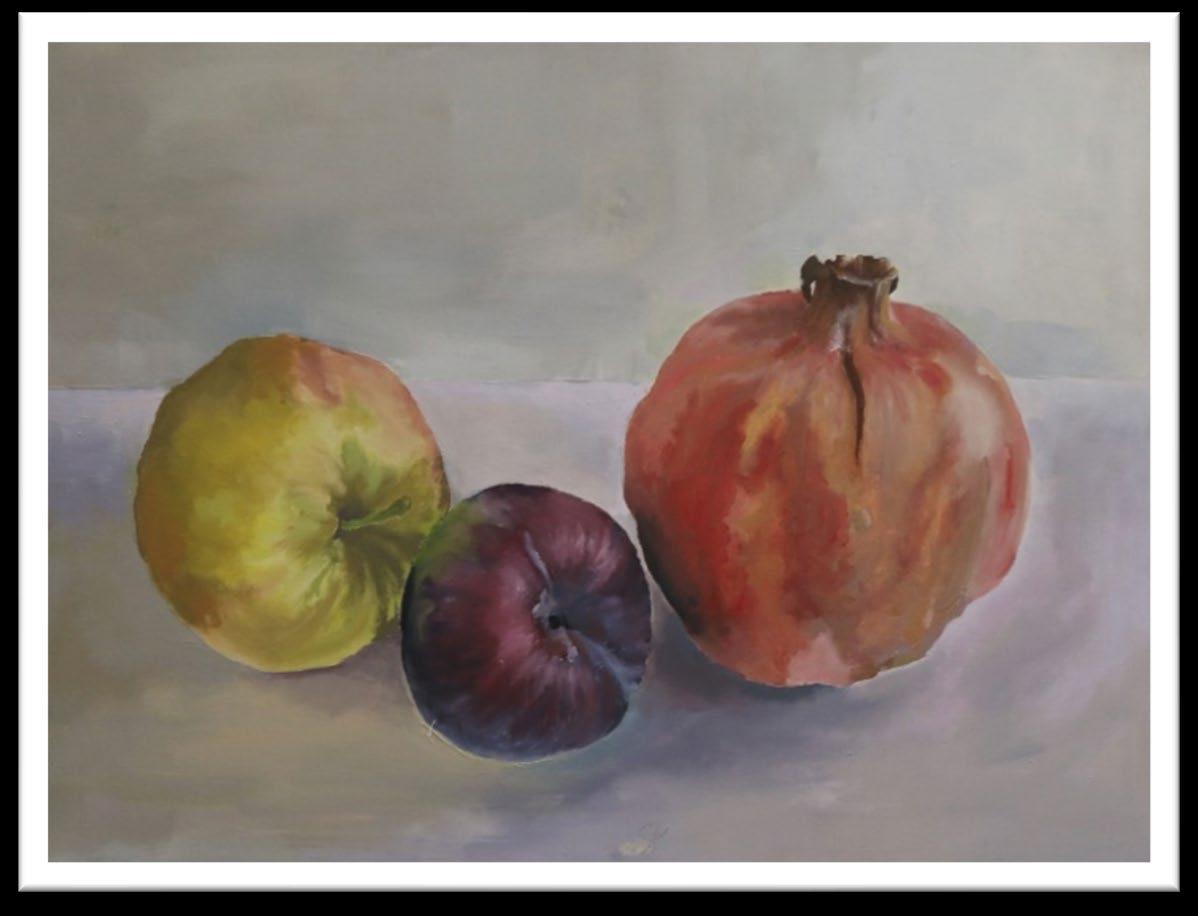

Head of
Biology:
Mr R Dibsdall
Examination Board: OCR
The course provides a broad overview of the many disciplines found within the subject, introducing topics from ecology, biochemistry, physiology and genetics, whilst retaining a focus on human biology. It explores how we make use of living resources and provides the individual with the scientific knowledge to take part in meaningful debates on conservation, cloning and genetic engineering, amongst other topics.
Beyond an interest in and enthusiasm for the subject, it is expected that all pupils wishing to pursue Biology at A Level will have achieved a minimum of Grade 8 in GCSE Biology and Chemistry or Grade 8-8 in the Science (Double Award) qualification with Grade 8 in the Biology and Chemistry papers.
A Level Biology has a considerable mathematics component, and pupils pursuing Biology at A Level will be expected to have achieved a minimum of Grade 7 in GCSE Mathematics.
Biology is most frequently taken in combination with the other sciences, including Mathematics, particularly where pupils are considering reading a science at university.
It can serve as an interesting addition to a broad curriculum where the goal is a university course without strict subject entry requirements, particularly with humanities such as Geography.
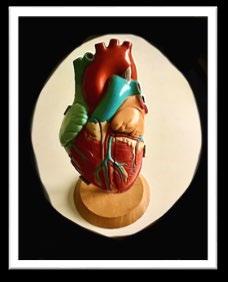
Module 1 – Development of practical skills in Biology
Module 2 – Foundations in Biology
• Cell structure
• Biological molecules
• Nucleotides and nucleic acids
• Enzymes
• Biological membranes
• Cell division, cell diversity and cellular organisation
Module 3 – Exchange and transport
• Exchange surfaces
• Transport in animals
• Transport in plants
Module 4 – Biodiversity, evolution and disease
• Communicable diseases, disease prevention and the immune system
• Biodiversity
• Classification and evolution
Module 5 – Communication, homeostasis and energy
• Communication and homeostasis
• Excretion as an example of homeostatic control
• Neuronal communication
• Hormonal communication
• Plant and animal responses
• Photosynthesis
• Respiration
Module 6 – Genetics, evolution and ecosystems
• Cellular control
• Patterns of inheritance
• Manipulating genomes
• Cloning and biotechnology
• Ecosystems
• Populations and sustainability
The course is assessed by means of three terminal examinations:
Paper 1: Biological Processes, is 2 hours 15 minutes long and covers material from modules 1 - 3 and 5.
Paper 2: Biological Diversity, is also 2 hours 15 minutes long and covers material from modules 1, 2, 4 and 6.
Papers 1 and 2 consist of multiple choice, short answer and long answer questions.
Paper 3: Unified Biology, is a synoptic paper, 1 hour 30 minutes in length, and covers material from the full breadth of the syllabus.
Paper 3 consists of short and longer answer questions.
All three papers are marked externally.
The experimental component of the course is reported on separately. This Practical Endorsement requires the completion of a minimum of 12 practical activities, with pupils required to demonstrate a wide variety of experimental skills.
There are a range of biology based degrees available, including Medicine, Veterinary Science, Embryology, Zoology, Botany, Genetics, Biochemistry, Life Sciences, Microbiology, Molecular Biology, Marine Biology, Ecology, Psychology, Sports Science, Anthropology and Animal Behaviour. It can also be found as a component of joint honours degrees with Geology, History, Dance, Business Management, Mathematics and more.
Biology will be useful in careers such as medicine, veterinary science, biochemistry, ecological and environmental studies, marine biology, physiotherapy, radiotherapy, speech therapy, pharmacy, forensic science, food technology, sports science, nursing, genetic engineering, ecological economics, law and research in many scientific fields.
During the course pupils will develop analytical and problem solving skills through the practical component of the course, as well as time management to effectively use their time to obtain the results required. Flexibility and adaptability will be required if and when an experiment does not initially run as expected.
The research component of the Practical Endorsement requires planning and information gathering, and report writing to bring it all together at the end.
The ecology component of the course will require teamwork, the ability to carry out field work, and the use of statistical methods to analyse the data obtained in the field.
Digital literacy should be developed through the use of the Microsoft Office suite of programs to present experimental findings, and the Practical Endorsement does require the use of data logging apparatus in experimental work.
Head of Chemistry: Ms H Anderson
Examination Board: OCR
The course content is chosen to provide a balanced and coherent study of chemistry, in which chemical principles are developed, revisited and reinforced throughout.
Examples of the use of basic chemical principles are drawn from modern applications of chemistry, in industry, in everyday life and in the environment.
The teaching of practical skills essential to a chemist continues throughout the two years of the course, providing a solid grounding in experimental technique for those wishing to continue in the sciences at degree level, and an understanding of the scientific method for all.
Beyond an interest in and enthusiasm for the subject, it is expected that all pupils wishing to pursue Chemistry at A Level will have achieved a minimum of Grade 8 in GCSE Chemistry or Grade 8-8 in the Science (Double Award) qualification with Grade 8 in the Chemistry paper.
A Level Chemistry has a considerable mathematics component and pupils pursuing Chemistry at A Level will be expected to have achieved a minimum of Grade 7 in GCSE Mathematics.
Combinations
Chemistry is generally taken in combination with other STEM (Science, Technology, Engineering and Mathematics) subjects where medicine, natural sciences and engineering are considered choices for university courses.
Module 1 – Development of practical skills in chemistry
Module 2 – Foundations in chemistry
• Atoms, compounds, molecules and equations
• Amount of substance
• Acid–base and redox reactions
• Electrons, bonding and structure
Module 3 – Periodic table and energy
• The periodic table and periodicity
• Group 2 and the halogens
• Qualitative analysis
• Enthalpy changes
• Reaction rates and equilibrium (qualitative)
Module 4 – Core organic chemistry
• Basic concepts
• Hydrocarbons
• Alcohols and haloalkanes
• Organic synthesis
• Analytical techniques (IR and MS)
Module 5 – Physical chemistry and transition elements
• Reaction rates and equilibrium (quantitative)
• pH and buffers
• Enthalpy, entropy and free energy
• Redox and electrode potentials
• Transition elements
Module 6 – Organic chemistry and analysis
• Aromatic compounds
• Carbonyl compounds
• Carboxylic acids and esters
• Nitrogen compounds
• Polymers
• Organic synthesis
• Chromatography and spectroscopy (NMR)
The course is assessed by means of three terminal examinations:
Paper 1: Periodic Table, Elements and Physical Chemistry, is 2 hours 15 minutes long and covers material from modules 1 - 3 and 5.
Paper 2: Synthesis and Analytical Techniques, is also 2 hours 15 minutes long and covers material from modules 1, 2, 4 and 6.
Papers 1 and 2 consist of multiple choice, short answer and long answer questions.
Paper 3: Unified Chemistry, is a synoptic paper, 1 hour 30 minutes in length, and covers material from the full breadth of the syllabus.
Paper 3 consists of short and longer answer questions.
All three papers are marked externally.
The experimental component of the course is reported on separately. This Practical Endorsement requires the completion of a minimum of 12 practical activities, with pupils required to demonstrate a wide variety of experimental skills.
As well as single and joint honours Chemistry, where it can be combined with Physics, Mathematics or Management in Industry amongst others, there are a number of other degree options available for those individuals looking to make use of their skills in Chemistry: Forensic Science, Biochemistry, Chemical Engineering, Materials Science, Geology, Biomedical Sciences and Pharmacology, to name but a few.
A Level Chemistry is a requirement for Medicine, Dentistry and Veterinary Medicine.
Chemistry is essential for the study of medicine, dentistry and veterinary science. It will be useful in careers in biological sciences, analysis and investigation, environmental science and conservation, forensic science, the pharmaceutical industry, meteorology, patent law, industrial management, research and development and many other areas.
The Practical Endorsement component of the course will help to develop analytical, interpretive and problem-solving skills, particularly when undertaking experiments linked to the qualitative analysis, organic synthesis and analytical techniques sections of the syllabus. The research component will require pupils to plan their experimental procedures, following information gathering, have the adaptability to respond to issues encountered during the performance of this work, and produce a report, with correct use of referencing and citations, detailing the undertakings.
Digital literacy should be developed through the use of the Microsoft Office suite of programs to present experimental findings, and the Practical Endorsement does require the use of data logging apparatus in experimental work.
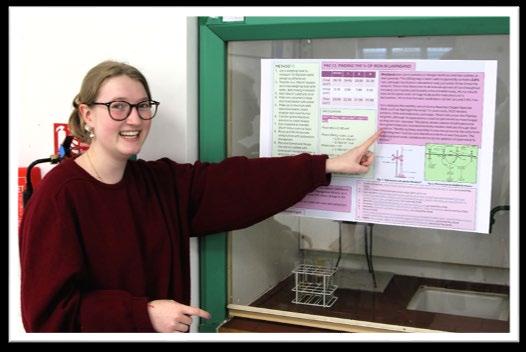
Head of Department: Mrs L Povey
Examination Board: OCR
Classical Civilisation is an academic arts/humanities A Level involving the study of elements of architecture, art, history, literature, philosophy, politics and the religion of the classical world. Literature is studied in translation and there will be opportunities to attend drama performances.
If pupils choose to study Classical Civilisation for A Level they will be given the opportunity to visit museums and art galleries, attend relevant theatre productions and lectures on examination texts. We also offer trips to sites of classical culture eg Rome, Athens, Delphi and Corinth
Requirements
There is no requirement for pupils to have studied the ancient world nor for pupils to have any knowledge of classical languages (Latin/Classical Greek).

This subject has the advantage of complementing almost any other A Level because of its varied content and flexibility. For example, it can be combined with History of Art (for art restoration, inspiration for designers, architects), Mathematics (graphic design, architecture), Economics, English Literature, Government and Politics, Theology and Philosophy, Modern and Classical Languages (for depth and background).

The written examination at the end of the Classical Civilisation course has three components. The content of each component has been chosen to provide a balanced and coherent study of Classical Civilisation by reference to classical texts in translation and material evidence.
This is a compulsory component comprising an in depth study of:
• Homer’s ‘Iliad’ or ‘Odyssey’
• Virgil’s ‘Aeneid’
This component is solely focused on the study of literature in translation and explores the religious, cultural and social values implicit in the text. Characterisation, structure of the plot, narrative and descriptive techniques and their effects are some of the themes for appreciation and evaluation. Classical Greek and Roman mythology is a prominent aspect of this module.
This component makes up 40% of the A Level and is assessed in a 2 hour 20 minute paper worth 100 marks.
There is a choice of topics in this component and one of the following will be chosen for study:
• Greek Theatre
• Imperial Image
• Invention of the Barbarian
• Greek Art
The topics in this component all involve the study of visual and material culture. In all except Greek Art this is combined with the study of literature in translation.
This component makes up 30% of the A Level and is assessed in a 1 hour 45 minute paper worth 75 marks.

There is a choice of topics in this component and one of the following will be chosen for study:
• Greek religion
• Love and relationships
• Politics and the Late Roman Republic
• Democracy and the Athenians
The topics in this component involve the study of an area of classical thought, in combination with either the study of literature in translation or visual/material culture.
This component makes up 30% of the A Level and is assessed in a 1 hour 45 minute paper worth 75 marks.
Classical Civilisation at A Level offers an excellent foundation for the study of Classical Civilisation, Ancient History, Archaeology and Anthropology, where courses often involve a year of study or field work abroad. It is however a subject which combines well with a variety of other subjects and disciplines, such as History of Art, languages, marketing, advertising or as a base for combined studies or modern studies. Individual prospectuses should be consulted for specific detail and options.
Studying Classical Civilisation at A Level develops a wide range of skills transferable to a range of subjects at university. The extended writing elements require a high level of written English, good articulation and analytical skills and an ability to express detailed information succinctly and with specialist vocabulary. The visual analysis involved and aesthetic appreciation will complement, or be useful, in a broad spectrum of careers in the same way as any other arts subject. Potential careers include law, politics, business, advertising, archaeology, museum and gallery curating, sociology, art, design and architecture.

Head of Department: Mrs
L Povey
Examination Board: OCR
The study of Classical Greek involves elements of language and literature of the classical world. Translation of unseen passages of original Greek requires a sensitive, analytical approach to language. The study of prose and verse set texts provides the context of the culture, politics and social life of Greece at significant periods in its history, which have had a profound influence on modern societies.
If pupils choose to study Classical Greek for A Level they will be given the opportunity to visit museums and art galleries, attend relevant theatre productions and lectures on examination texts. We also offer trips to sites of classical culture eg Rome, Athens, Delphi and Corinth.
Requirements
Pupils should have achieved at least a Grade 8 at GCSE in Classical Greek and enjoy language and culture.

If pupils plan to specialise in Greek at university they may consider studying Greek with Latin and Classical Civilisation, which would provide a background to what is read in the language. Greek, however, makes an excellent combination with almost any other A Level, such as Mathematics, History, English, Sciences, Modern Foreign Languages, and Theology and Philosophy where it is particularly beneficial for the study of the New Testament.
Specification
Language: Unseen Translation and Prose Composition or Comprehension
Through the reading of a range of prose and verse set texts in Classical Greek, a linguistic competence and appreciation will be developed so that a thorough knowledge of vocabulary and linguistic structures is gained. Skills acquired in writing simple Greek prose foster problem solving and resilience.
Two classical Greek prose set texts and two classical Greek verse set texts are studied in depth. Additional literature is studied in translation in order to understand the context from which the set texts have been taken.
Prose texts for examination typically include the works of Herodotus, Plato, Thucydides and Xenophon. Verse texts for examination include selections from Homer’s Iliad or Odyssey, the tragedies of Euripides and Sophocles and the comedies of Aristophanes.

Component 01: Unseen Translation (33% of total A Level)
1 hour 45 minutes externally assessed written paper. 100 marks.
There are two sections of equal weighting:
Section A: unseen translation of a passage of classical Greek prose into English
Section B: translation of an unseen passage of Greek verse into English and scansion of two lines.

Component 02: Prose Composition or Comprehension (17% of total A Level)
1 hour 15 minutes externally assessed written paper. 50 marks.
There are two sections; either Section A or Section B is to be answered:
Section A: translation, comprehension and grammar questions on an unseen passage of classical Greek oratory, or
Section B: translation of an English passage of at least 100 words in length into classical Greek.
Component 03: Prose Literature (25% of total A Level)
2 hour externally assessed written paper. 75 marks.
There are three sections to this component:
Section A: understanding and appreciation of one prose set text through translation, comprehension and a 15 mark question analysing literary style, characterisation, argument and literary meaning
Section B: understanding and appreciation of the second prose set text through translation, comprehension and a 15 mark question analysing literary style, characterisation, argument and literary meaning.
Section C: essay which draws material from the second set text and material read in translation.
2 hour externally assessed written paper. 75 marks.
There are three sections to this component:
Section A: understanding and appreciation of one verse set text through translation, comprehension and a 15 mark question analysing literary style, characterisation, argument and literary meaning.
Section B: understanding and appreciation of the second verse set text through translation, comprehension and a 15 mark question analysing literary style, characterisation, argument and literary meaning.
Section C: essay which draws material from the second set text and material read in translation
A Level Greek offers an excellent foundation for the study of Classics (Latin and Classical Greek) or Classical Greek alone at university. It is also a most beneficial subject for university courses in Classics combined with Modern Foreign Languages, Law, Archaeology, Ancient or Modern History and Theology. Classical Greek provides essential analytical skills for any degree with a historical or critical thinking focus.

Studying Classical Greek at A Level develops a wide range of skills transferable to a range of subjects at university. The extended writing elements require a high level of written English, good articulation and analytical skills and an ability to express detailed information succinctly and with specialist vocabulary. The high level language analysis involved in translating, comprehending and composing will complement, or be useful, in a broad spectrum of careers. Potential careers include the Civil Service, computing, banking, law, politics, business, advertising, archaeology, museum and gallery curation. Employers are often interested in classicists for their clarity of thought and problem solving skills.
Head of Department:
Ms M Sifuna
Examination Board: OCR - A Level in Computer Science (H446)
A Level Computer Science is an engaging and intellectually challenging course designed for students enthusiastic about technology and problem-solving. The course delves into key areas of computer science, offering both theoretical knowledge and practical skills.
Key topics include:
• Software Development
• Algorithms and Data Structures
• Computer Architecture
• Theoretical Foundations
• Project Work

A Level Computer Science provides a solid foundation for further study in computing, engineering, AI (Artificial Intelligence), or mathematics and equips students with valuable skills for the fast-evolving tech industry.
Requirements
It is recommended that students have:
• Grade 5 or above in GCSE Mathematics: A strong mathematical foundation is essential for understanding algorithms and computational logic
• Grade 5 or above in GCSE Computer Science (desirable): This demonstrates familiarity with key concepts and programming experience
• Strong logical and problem-solving skills: These are crucial for success in both theoretical and practical aspects of the course
• Interest in technology and coding: While prior programming experience is helpful, a keen interest in learning how computers work is equally important
Pupils are introduced to the internal workings of the Central Processing Unit, data exchange, software development, data types and legal and ethical issues. The resulting knowledge and understanding will underpin their work in Component 03
Topics covered include:
• Algorithms
• Programs
• Software development
• Legal/moral issues
This builds on Component 01 to include computational thinking and problem-solving.
Section A includes:
• writing algorithms
• computational methods
• and problem-solving
Section B presents:
A scenario that forms the basis for higher mark problem solving questions throughout the specification.
Students are expected to apply the principles of computational thinking to a practical coding programming project. They will analyse, design, develop, test, evaluate and document a program written in a suitable programming language. The project is designed to be independently chosen by the student and provides them with the flexibility to investigate projects within the diverse field of computer science.
Assessment
• Component 01- Computer Systems: 140 marks, 2 hours and 30 minutes written paper (40% of total A level)
• Component 02: Algorithms and Programming:140 marks, 2 hours and 30 minutes written paper (40% of total A level)
• Component 03/04: Programming Project, Non-examined assessment Programming project 03* – Moderated upload or 04* – Moderated postal or 80 –* 70 marks nonexam assessment (20% of total A level)
Choosing A Level Computer Science opens opportunities for interdisciplinary study and complements most A Level subjects such as:
1. Mathematics: Provides essential problem-solving skills, logic, and algorithms used in computer science.
2. Physics: Helps in understanding hardware concepts, especially in areas like electronics and quantum computing.
3. Engineering: Shares principles in system design, robotics, and technology development.
4. Economics: Combines computational thinking with data analysis and modelling for economic systems and finance.
5. Business Studies: Useful for understanding how technology impacts businesses and innovation in the tech industry.
6. Design and Technology: Combines software development with product design, particularly in user interfaces and product innovation.
7. Psychology: Helps in understanding human-computer interaction, user experience (UX) design, and cognitive computing.
8. Biology: Useful in fields like bioinformatics, computational biology, and healthcare technologies.
These subjects can lead to diverse career paths, from artificial intelligence and game design to fintech and bioengineering.
A Level Computer Science is highly regarded by universities and can be a key factor in securing admission to computer science and related courses. Universities often look for strong problem solving skills, logical thinking, and programming experience, all of which are developed through this A Level. Admissions typically require high grades in Computer Science and supporting subjects such as Mathematics, with many top universities emphasising strong mathematical ability. Completing an A Level in Computer Science not only prepares students for the technical demands of a degree but also demonstrates a commitment to the field, enhancing university applications.
A Level Computer Science equips students with highly valuable transferable skills that are beneficial for university and beyond. These include logical thinking, problem-solving, data analysis, and programming abilities. These skills are applicable across a wide range of fields, making Computer Science a sturdy foundation for both technical and non technical careers. The field offers significant opportunities for students pursuing Computer Science at university which can lead to diverse career paths, including software development, engineering, data science, medical research, and education. The analytical and technical skills developed in Computer Science are in high demand across many industries.
Head of Academic Drama: Mr J Stone
Examination Board: AQA
A Level Drama and Theatre is for pupils who enjoy being a part of the theatre making process and who want to explore a variety of seminal playtexts. Drama and Theatre does not simply require outstanding actors: pupils will engage with history and politics, literature and language, psychology and sociology. They will be required to consider how these inform the cultural context in which theatre is conceived.
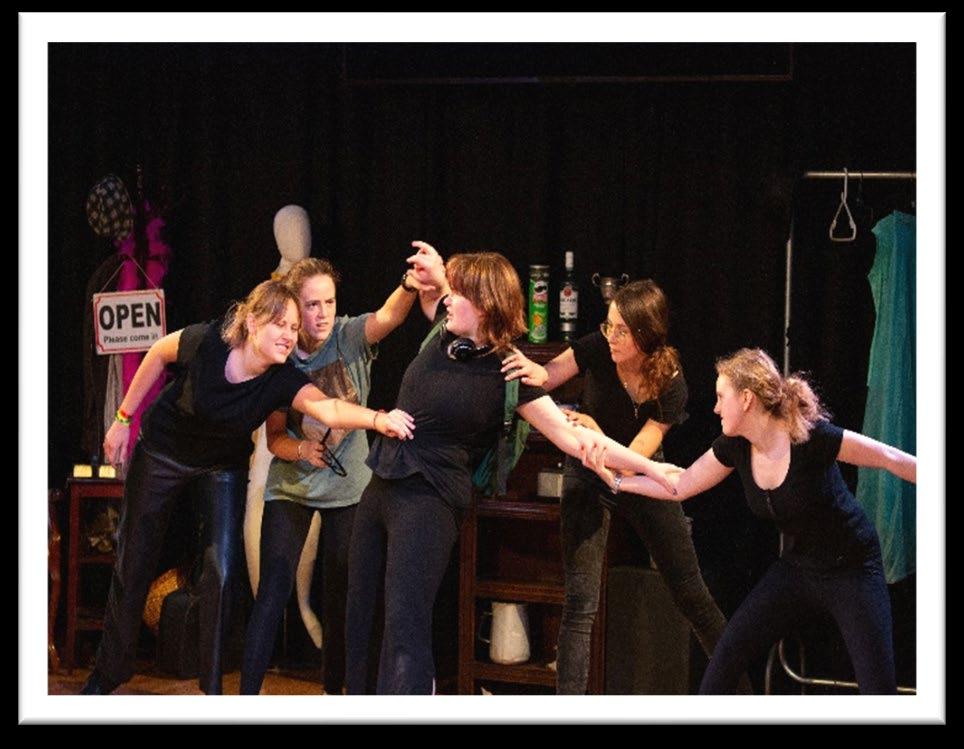
A minimum of Grade 7 in GCSE Drama and English is usually required to study Drama and Theatre in the Sixth Form, although it is possible to study it without having a GCSE Drama.
Pupils who have not taken GCSE Drama would need to discuss their suitability with the Head of Department
Combinations
A Level Drama and Theatre works in combination with any other A Level subject. It may particularly complement subjects such as English Literature, History, Government and Politics, Modern Foreign Languages, Psychology and Theology and Philosophy.


Specification: AQA A level Drama and Theatre 7262
Assessment
Component 1: Drama and theatre (40% of qualification)
A written examination (three hours), comprising the study of Hedda Gabler (Section A), Our Country’s Good (Section B) and an analysis and evaluation of a piece of live theatre (Section C). Pupils will be required to consider these plays as actors, directors, designers and theatre critics.
Component 2: Creating original drama (30% of qualification)
Non-examined assessment: internally assessed, externally moderated.
Performance (10%) and working notebook (20%).
Pupils can choose to be assessed as either an actor or designer.
Pupils will participate in the creation, development and realisation of a piece of devised theatre, influenced by the work and methodologies of a prescribed theatre practitioner.
Component 3: Making theatre (30% of qualification)
Pupils can choose to be assessed as either an actor or designer.
The practical realisation (20%) will consist of the performance of three extracts from three plays of the pupil’s choosing.
The reflective report (10%) addresses the rehearsal process and performances, analysing and evaluating the theatrical interpretation of the three extracts.
Universities
Drama and Theatre is a rigorous and well regarded course that facilitates entry into highly selective universities, including Oxbridge and other Russell Group institutions. These include courses at prestigious acting conservatoires, such as RADA, LAMDA, the Royal Central School of Speech and Drama, and the Guildhall School of Music and Drama, and universities, such as Birmingham, Exeter, Manchester, and Bristol.
As well as facilitating careers in the creative and cultural industries, such as performing, directing, playwrighting, cultural criticism, producing and arts administration, Drama and Theatre will complement careers in the law; journalism and the media; business management and human resources; teaching, education, and academia; public relations and communications and marketing and advertising. The subject also develops several highly sought after transferable skills, from public speaking to creative and collaborative problem-solving.
Head of Department: Mr M Marcas
Examination Board: AQA
Economics is a social science that examines how individuals, businesses, and governments make decisions about allocating scarce resources. The A-level course covers both microeconomics (individual and firm behaviour, market structures, market failure) and macroeconomics (national economic performance, government policy, international economics). You'll learn to analyse real-world economic problems using economic theory and data. The course develops skills in interpreting statistics, evaluating policies, and understanding economic arguments. Economics is heavily linked to current affairs. Pupils are expected to follow quality sources like the Financial Times and the Economist regularly.
No previous knowledge of Economics is required to start the A Level course, but you must have achieved at least Grade 7 in GCSE Mathematics as the course involves a lot of data analysis and statistical interpretation. The most important qualities for success are an interest in current affairs and intellectual curiosity about how the economy works.
For university applications, A Level Mathematics is essential for Economics degrees – most courses will not accept you without it – while Further Mathematics is recommended for Oxford, Cambridge, and other highly competitive institutions like LSE, Warwick, and UCL.
Economics is a social science that combines analytical thinking with essay writing skills. A Level Mathematics is strongly recommended as it's required for most university Economics degrees, particularly at competitive institutions. Economics pairs well with both analytical and essaybased subjects. Strong combinations include Mathematics with subjects like History, English Literature, Government and Politics, Geography, or Modern Foreign Languages. Further Mathematics and Physics complement the quantitative aspects of Economics, while essay subjects develop the critical writing and analytical skills essential for economic analysis.
Universities value applicants who demonstrate both analytical ability and strong communication skills. This is why they favour students with a mix of mathematical/scientific subjects alongside humanities subjects or languages. The combination shows you can handle complex data analysis while also constructing clear, persuasive arguments – both are crucial skills for studying Economics at degree level.
Microeconomics
• The economic problem
• Economic methodology
• Scarcity, economics systems, policy trade offs
• The market mechanism and the forces of supply and demand
• Elasticity
• Market failure and government failure
• Theory of the firm: cost theory and production theory
• Market structure: perfect competition, monopoly and oligopoly
• Nationalisation, privatisation and regulation
• Labour market analysis
• The distribution of income and wealth
• Poverty
• Behavioural economics
Macroeconomics
• Economic indicators and macroeconomic objectives
• Inflation, unemployment, growth and the balance of payments
• Managing the UK economy: fiscal policy, monetary policy and supply side policy
• International trade and exchange rates
• Globalisation, multinational corporations and patterns of trade
• Trade theory: absolute and comparative advantage
• The UK’s balance of payments and its trading partners
• Exchange rate systems
• Trade blocs and the European Union
• The economics of the EU
• The role of the WTO
• Financial markets, commercial and investment banks, central banks and monetary policy
• The regulation of the financial system
• Fiscal policy and sovereign debt
• Inflation, unemployment and Phillips Curve analysis
Paper 1: Markets and Market Failure (microeconomics)
• Written 2 hour examination
Section A: data response question; Section B: essay question
• 33.3% of A Level
Paper 2: National and International Economy (macroeconomics)
• Written 2 hour examination
Section A: data response question; Section B: essay question
• 33.3% of A Level
Paper 3: Economic Principles and Issues
• Written 2 hour examination
Section A: multiple choice questions; Section B: case study
• 33.3% of A Level
Economics degrees at competitive universities are highly mathematical, involving calculus, statistics, and econometrics. Universities like Cambridge, LSE, Warwick, UCL, Bristol, and Durham offer particularly quantitative courses that require strong mathematical ability. However, joint honours degrees combining Economics with subjects like Business, Management, Politics, Philosophy, History, or Modern Languages typically have reduced mathematical content while maintaining lower entry requirements. Oxford offers Economics and Management alongside Philosophy, Politics and Economics (PPE).
All Russell Group Economics courses require A Level Mathematics, with many competitive institutions also requiring or strongly preferring A Level Further Mathematics.
Economics develops analytical thinking, statistical interpretation, and clear written communication - skills highly valued across many sectors. Students learn to analyse complex data, evaluate competing arguments, and communicate findings effectively. These abilities lead to careers in finance (investment banking, consulting), government (Civil Service, the Bank of England, policy analysis), business (strategic planning, market research), and academia. The subject also provides excellent preparation for law, with many Economics graduates entering legal careers, particularly in commercial and regulatory law.
Head of Department: Mrs L Waltho
Examination Board: OCR
This is an exciting course which will introduce pupils to a range of texts from Shakespeare to contemporary writers. Over the two years, pupils will not only be taught texts but they will be encouraged to read widely and independently, to develop a fluent critical writing style, to explore literary texts for their own intrinsic interest and significance and to set them within their appropriate literary, cultural and historical contexts.
The study of English Literature concentrates almost entirely on the systematic engagement with texts and their contexts, reading texts closely, and discussing different possible interpretations. In our lively discussions pupils will be encouraged to offer their own ideas about the books we are reading as independent evaluation is a very important aspect of the course. As written expression is also important, the study of English Literature will help pupils develop a critical, analytical, discursive style which will help them in the study of many other essay based subjects. It is a highly rewarding and demanding A Level for which pupils will need an open mind and a sensitivity to the nuances of the written styles of the past as well as the present.
If pupils choose to study English Literature they will be given the opportunity to attend productions of plays on the specification; we also offer trips to locations relevant to the writing or settings of the texts, and attend lectures on examination texts.
Requirements
Pupils should enjoy reading, discussing concepts and be interested in exploring different ways of looking at texts. A minimum of Grade 7 in GCSE Literature and Language is recommended.
English Literature is a very versatile discipline which can be combined successfully with a wide range of subjects. Traditionally it is often studied alongside other Arts subjects, languages and humanities. In recent years it has been increasingly popular taken in combination with one or more STEM subjects.
Specification
OCR English Literature
Over the two year period pupils will study approximately ten set texts which will include:
• a Shakespeare play
• novels from before and after 2000
• modern poetry
• drama and poetry pre-1900
• modern drama
Pupils will also be introduced to the key concepts that underpin literary theory, read a range of critical essays on the texts they are studying, and incorporate other readings into their written work.
During the course pupils will prepare two pieces of non-examined assessment on three modern literary texts. There will be two terminal examinations which carry 80% of the marks for this course.
Paper 1: Drama and Poetry pre-1900 40%
• Shakespeare
• a comparative essay on drama and poetry eg A Doll’s House by Henrik Ibsen and a selection of poems by Christina Rossetti
Paper 2: Comparative and Contextual Study – The Gothic 40%
Pupils will read a wide range of Gothic literature in preparation for this unit. Final assessment comprises two essays:
• analysis of an unseen passage
• a comparison of two Gothic texts eg Bram Stoker’s Dracula and The Bloody Chamber and Other Stories by Angela Carter.
Paper 3: Literature post-1900 (Non-examined assessment 20%)
The non-examined assessment consists of two written essays:
• a 1000 word close textual analysis of the work of a modern poet
• a 2000 word comparison of a modern novel and a modern play
Universities
Almost all universities offer a first degree in English or English Studies as an element in a single, joint or combined honours degree. The study of A Level English Literature is also excellent preparation for any degree subject requiring essay skills and the interpretation and evaluation of source material.
A Level English is a facilitating subject which helps pupils to develop skills preparing them for a wide range of university courses and careers pathways. It demands a high level of ability in written English and the capacity to develop logical, clearly structured arguments. The nature of the course means that empathy and powers of analysis will be developed, along with independence of thought.
English is not a narrowly vocational discipline and a degree in English can give a graduate access to a wide variety of career opportunities, ranging from the Civil Service to advertising, and from education to management and law.
Head of Modern Foreign Languages Department: Mme E Cook
Examination Board: AQA
The course is based on the four skills of listening, speaking, reading and writing with the addition of translation. Pupils will study the work of an author and a film director and learn how to construct well argued essays. Pupils will learn to communicate effectively and confidently with people from beyond their own community and they will gain knowledge and insight into another culture.

Pupils will acquire a lifelong skill for business and pleasure: languages make travel easier, more enjoyable and more enlightening, and improve their career opportunities.
Learning a language at a higher level will broaden the mind and it will also be fun, interesting and challenging.
Requirements
A minimum of Grade 8 in GCSE French is required.
Combinations
Pupils whose first love is languages can study two languages at A Level. However, Modern Languages also complement almost any subject area, combining well with other humanities or providing balance and contrast with mathematical and scientific subjects. They are considered a facilitating subject for university entry.
Specification – AQA A Level French 7652V
• Aspects of French speaking society - current trends: family, youth culture, the digital world, the place of voluntary work
• Aspects of French speaking society - current issues: multicultural society, life for the marginalised, crime
• Artistic culture in the French speaking world
• Aspects of political life in the French speaking world
• One text and one film or two texts from the list set in the specification
• Grammar
• Translation

Paper 1: Listening, reading and writing
Written examination: 2 hours 30 minutes
• 100 marks in total
• 50% of A Level
Paper 2: Writing
Choice of question on set texts or film
Written examination: 2 hours
• 80 marks in total
• 20% of A Level
Paper 3: Speaking
Individual research project on topic of interest: presentation and discussion
Discussion on above A Level topics
Oral examination: 21–23 minutes (including 5 minutes of formal preparation time)
• 60 marks in total
• 30% of A Level
Universities
Linguistic skills are highly valued at university, particularly Oxbridge and Russell Group universities. A modern language can be helpful at A Level for entry to degree courses in English, History, History of Art and Theology and Philosophy.
At university pupils may study one, two or more languages on some courses. Many undergraduates continue with one of their A Level languages and start another from scratch.
Languages can also be combined with almost any subject: some popular combinations are with Economics, Business, Politics, History, English, Linguistics, Science or Law.

Studying modern foreign languages at A Level develops an excellent number of transferable skills. The emphasis on speaking enables pupils to develop the skills to communicate, reason and defend their point of view orally. Preparing for the oral examination also requires thorough, detailed independent research. Reading exercises develop close reading and reading for gist, as well as the skills required to summarise. Listening texts train the ear to listen for detail. The written paper requires pupils to be able to evaluate and analyse, and to present their argument succinctly in well-structured essays. In addition, an awareness of and sensitivity to other cultures is also nurtured.
These transferable skills make languages a good foundation for many careers. Numerous jobs, including in marketing and business, require people to make presentations, and the communication skills and confidence developed in modern foreign languages are an excellent preparation for this. The comprehension and written skills acquired are also valuable in a broad range of fields, including journalism and broadcasting. The cultural awareness developed is an asset when working in personnel management and diplomacy, as well as for any business which deals with clients overseas. In these days of international competition, employers are increasingly looking for employees with the knowledge of at least one modern foreign language. Careers using languages directly include interpreting, translating, tourism and teaching.

Head of
Department:
Examination Board:
About the course
Mrs S Clifford-Inglis
Edexcel
"Geography is a living, breathing subject, constantly adapting itself to change. It is dynamic and relevant, a great adventure with a purpose", wrote Michael Palin. From tectonics to the impact of economic change on communities, Geography is a fascinating subject to study.
So many of the world's current issues – at a global scale and locally – boil down to Geography, and we need the geographers of the future to help us understand them. The A Level course enables pupils to explore and evaluate contemporary geographical questions and issues such as the consequences of globalisation, responses to hazards, water insecurity and climate change.
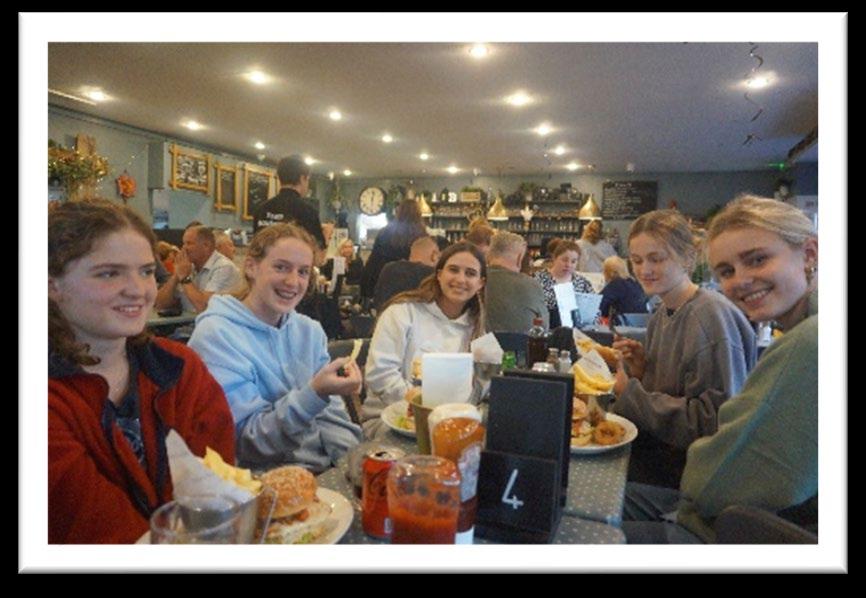
Pupils develop an in-depth understanding of physical and human geography, the complexity of people and environment questions and issues, and to become critical, reflective and independent learners. Through the nonexamined assessment, pupils build on their research and fieldwork skills to complete a 3,000 – 4,000 word investigation on a topic of their choice.
Fieldwork is an important part of the course with a residential field trip in the Lower Sixth (incurring a cost of around £400).
Requirements
A minimum of Grade 7 in GCSE Geography is usually required to study Geography in the Sixth Form, although it is possible to study it without having a GCSE. Pupils would need to discuss their suitability with the Head of Department and complete preparatory work in advance of starting the course. Pupils will also require an enthusiasm for the subject and current affairs, as well as a willingness to work independently and in groups
Geography encompasses so many different areas of study and skills that it can be combined with a great range of subjects. For example, it can complement History, Economics, Government and Politics but also offers the opportunity for bridging the gap between the sciences and the arts.
For A Level, the Pearson Edexcel specification includes four core themes, geographical skills, and fieldwork relating to physical and human themes.
The core themes are:
Dynamic Landscapes:
• Tectonic Processes and Hazards: tectonic processes: a study of the causes of tectonic hazards; the impact of tectonic activity on people and responses to tectonic hazards
• Coastal Landscapes and Change: an integrated study of the processes that lead to distinctive coastal landscapes, such as rocky, sandy and estuarine coastlines; landscapes that are increasingly threatened from physical processes and human activities and need sustainable management strategies
Dynamic Places:
• Globalisation: a study of globalisation, its causes and consequences for different people and places
• Regenerating Places: a study of how and why places are shaped and changed; the meanings and identities attached to different places and the consequences for different people
Physical Systems and Sustainability:
• The Water Cycle and Water Insecurity: the water cycle, human and natural factors that impact on water cycling, consequences for water security and future water conflicts
• The Carbon Cycle and Energy Security: the carbon cycle; human and natural factors impacting on carbon cycling; the consequences for ecosystems and management strategies
Human Systems and Geopolitics:
• Superpowers: superpowers; the reasons for shifting economic and political power; the impacts of superpowers and influence of superpowers in governing the global commons
• Migration, Identity and Sovereignty: tensions resulting from the outcomes of globalisation; the changing attitudes to national identity and changing ethnic composition linked to international migration; unequal power relations leading to unequal outcomes

The course is examined through 3 papers that include open response and resource linked questions, as well as extended writing questions.
Paper 1 is 2 hours 15 minutes and it is worth 30% of the A Level qualification. Pupils will be tested on:
• Tectonic Processes and Hazards
• Coastal Landscapes and Change
• The Water Cycle and Water Insecurity
• and the carbon Cycle and Energy Security
Paper 2 is 2 hours 15 minutes and it is worth 30% of the A Level qualification. Pupils will be tested on:
• Globalisation
• Superpowers
• Regenerating Places
• Migration, Identity and Sovereignty
Paper 3 is 2 hour and 15 minutes and it is worth 20% of the A Level qualification. Pupils will be tested on the synoptic themes within compulsory content areas looking at players, attitudes and actions and futures and uncertainties.
The course is also assessed through an independent investigation (non-examined assessment), which stems from the fieldwork and is based on a question or issue defined and developed by the pupil individually to address aims, questions and/or hypotheses relating to any of the course content and this is worth 20% of the A Level qualification.

Most Geography degrees, whether designated BSc (Bachelor of Science) or BA (Bachelor of Arts) offer combinations of individual human, physical and environmental Geography courses in each year of study. Most courses consist of a broad foundation year introducing the subject at degree level followed by two years where pupils select from a wide range of options.
There are many reasons why people decide to study Geography at university:
• you enjoy learning about people and their societies, economies, cultures and the environment
• you are keen to learn and develop a wide range of skills
• you are seeking a broad based academic degree
Apart from straight Geography degrees, pupils have taken degrees in Development Studies, Environmental Science, Earth Science and combined studies using their A Level Geography to help them gain entrance to these courses.
Transferable skills are engrained in all elements of the Geography course and these are highly regarded by universities and employers. Through extended writing, pupils develop their analytical and evaluative skills. Independence is fostered through the non-examined assessment, as well as the ability to conduct research and interpret data. Pupils use ArcGIS software which enables them to map and understand complex spatial patterns and statistical tests are used to analyse data. The ability to think creatively and to recognise the moral and ethical issues involved in debates is nurtured.
Geography graduates are highly employable. Many geographers go on to find employment in jobs which capitalise on their skills rather than their subject knowledge. All skills developed through Geography are sought after and highly marketable in the workplace and geographers may enter a wide range of professions including banking, journalism, publishing, law, administration and retail. Those more closely related to Geography include education, environmental management, weather reporting, town or transport planning, landscape architecture and Geographic Information Systems (GIS) management.
Head of Modern Foreign Languages Department: Mme E Cook
Examination Board: AQA
The course is based on the four skills of listening, speaking, reading and writing with the addition of translation. Pupils will study the work of an author and a film director and learn how to construct well argued essays.
Pupils will learn to communicate effectively and confidently with people from beyond their own community and they will gain knowledge and insight into another culture. Pupils will acquire a lifelong skill for business and pleasure: languages make travel easier, more enjoyable and more enlightening, and improve their career opportunities.

Learning a language at a higher level will broaden the mind and it will also be fun, interesting and challenging.
Requirements
A minimum of Grade 8 in GCSE German is required.
Combinations
Pupils whose first love is languages can study two or more languages at A Level. However, Modern Languages also complement almost any subject area, combining well with other humanities or providing balance and contrast with mathematical and scientific subjects. They are considered a facilitating subject for university entry.
• Aspects of German speaking society- current trends: family, youth culture, the digital world, customs and traditions
• Aspects of German speaking society- current issues: immigration, Europe, reunification and its legacy
• Artistic culture in the German speaking world
• Aspects of political life in the German speaking world
• Berlin past and present
• One text and one film or two texts from the list set in the specification
• Grammar
• Translation


Paper 1: Listening, reading and writing
Written examination: 2 hours 30 minutes
• 100 marks in total
• 50% of A Level
Paper 2: Writing
Choice of question on set texts or film
Written examination: 2 hours
• 80 marks in total
• 20% of A Level
Paper 3: Speaking
• Individual research project on topic of interest: presentation and discussion
• Discussion on above A Level topics
Oral examination: 21–23 minutes (including 5 minutes of formal preparation time)
• 60 marks in total
• 30% of A Level

Linguistic skills are highly valued at university, particularly Oxbridge and Russell Group universities. A modern language can be helpful at A Level for entry to degree courses in English, History, History of Art and Theology.
At university pupils may study one, two or more languages on some courses. Many undergraduates continue with one of their A Level languages and start another from scratch. Languages can also be combined with almost any subject: some popular combinations are with Economics, Business, Politics, History, English, Linguistics, Science or Law.
Studying modern foreign languages at A Level develops an excellent number of transferable skills. The emphasis on speaking enables pupils to develop the skills to communicate, reason and defend their point of view orally. Preparing for the oral examination also requires thorough, detailed independent research. Reading exercises develop close reading and reading for gist, as well as the skills required to summarise. Listening texts train the ear to listen for detail. The written paper requires pupils to be able to evaluate and analyse, and to present their argument succinctly in well structured essays. In addition, an awareness of and sensitivity to other cultures is also nurtured.
These transferable skills make languages a good foundation for many careers. Numerous jobs, including in marketing and business, require people to make presentations, and the communication skills and confidence developed in modern foreign languages are an excellent preparation for this. The comprehension and written skills acquired are also valuable in a broad range of fields, including journalism and broadcasting. The cultural awareness developed is an asset when working in personnel management and diplomacy, as well as for any business which deals with clients overseas. In these days of international competition, employers are increasingly looking for employees with the knowledge of at least one modern foreign language. Careers using languages directly include interpreting, translating, tourism and teaching.

Head of Department: Mr
M Marcas
Examination Board: AQA
Government and Politics examines how power operates in modern democratic societies. The course provides comprehensive coverage of the UK and US political systems, exploring how institutions function, how decisions are made, and how citizens participate in democracy. You'll study key political concepts like democracy, representation, and rights, alongside major political thinkers from Hobbes to contemporary theorists. The course combines institutional analysis with political philosophy, examining both how politics works in practice and the ideas that shape political debate.
Requirements
No previous knowledge is required, but you must have a strong interest in current affairs and political developments. Students are expected to follow political news closely through quality newspapers, news websites, and political analysis. The course is highly contemporary - political events happening today become part of your studies, so active engagement with politics beyond the classroom is essential.
Combinations
Government and Politics is a social science that combines well with humanities subjects including History, Geography, Economics, Theology and Philosophy, and Classical Civilisation. It also complements English Literature and Modern Foreign Languages. Universities value students who can demonstrate both analytical thinking and strong written communication, making Politics an excellent pairing with essay-based subjects.
Paper 1 – Government and politics of the UK
The government of the UK
• The nature and sources of the British constitution
• The structure and role of Parliament
• The Prime Minister and Cabinet
• The judiciary
• Devolution
The politics of the UK
• Democracy and participation
• Elections and referendums
• Political parties
• Pressure groups
• The European Union
Paper 2 – Government and politics of the USA and comparative politics
Government and politics of the USA
• The constitutional framework of the US government
• The legislative branch of government: Congress
• The executive branch of government: President
• The judicial branch of government
• The electoral process and direct democracy
• Political parties
• Pressure groups
• Civil rights
Comparative politics
• Constitutional arrangements
• The executives
• The judiciaries
• Electoral and party systems
• Pressure groups
• Civil rights
Paper 3 – Political ideas
Core ideologies
• Liberalism
• Conservatism
• Socialism
Other ideologies
• Nationalism
• Feminism
• Multiculturalism
• Anarchism
Government and Politics is an essay based subject and pupils are assessed by a combination of medium length answer and essay questions.
Paper 1: Government and politics of the UK
• Written 2 hour examination
• A mixture of medium length explain and essay style questions
• 33.3% of A Level
Paper 2: Government and politics of the USA and comparative politics
• Written 2 hour examination
• A mixture of medium length explain and essay style questions
• 33.3% of A Level
Paper 3: Political ideas
• Written 2 hour examination
• A mixture of medium length explain and essay style questions
• 33.3% of A Level
Universities
Politics is a popular subject at most leading universities and is offered as either a single honours course or a joint honours course with International Relations, History, Philosophy, Economics, Social Policy or a Modern Foreign Language.
The study of Government and Politics develops a wide range of transferable skills, most notably, the ability to think independently. Other transferable skills include those of academic research, public speaking and debating, lateral thinking, critical thinking, analysis and evaluation as well as communication and extended writing. The subject is most relevant for pupils who might be planning a career in law, media, the civil service or public relations. The list of suitable careers, however, is nearly endless.
Head of Department: Dr P Smith
Examination Board: Pearson Edexcel
The aims of the course are:
• to develop an appreciation of the past through the study of different historical periods
• to learn about different kinds of history such as social, political, religious and cultural history
• to build research and analytical skills and extend powers of judgement through exploring the validity of historical arguments and points of view
• to encourage knowledge and understanding of Black British and African-American History within the context of broader historical study

Pupils are expected to read widely and independently every week throughout the whole two year course in order to broaden and deepen their historical knowledge and to bring this independent learning into lessons through active participation in critical discussions around key historical issues and interpretations.
A minimum of Grade 7 in GCSE History is usually required to study History in the Sixth Form, although it is possible to study it without having a GCSE. Pupils would need to discuss their suitability with Head of Department and complete preparatory work during the summer. Pupils will also require an enthusiasm for the subject as well as a willingness to work independently and in groups.

History combines with almost any other A Level subject, such as Latin (for Law), Mathematics (for Politics, Philosophy and Economics), or a modern language (for European or combined studies).

The A Level is comprised of four separate units, as follows: Units One and Two are paired and focus on democracies in change: Britain and the USA in the twentieth century
1. Britain transformed, 1918–97 (30% of final mark)
This paper has two sections: the first contains a choice of essay questions that assess understanding of the period in breadth through looking at change and continuity as experienced in twentieth century Britain; the second has a compulsory question on secondary sources that assesses pupils’ ability to understand and evaluate the competing historical interpretations of the significance of Margaret Thatcher’s governments.
2. The USA, 1955–92: conformity and challenge. (20% of final mark)
This paper has two sections: the first contains a choice of essay questions that assess understanding of the period in depth through looking at change and continuity as experienced in Cold War America; the second section has a compulsory question on primary sources that assesses pupils’ skills of analysis and evaluation.


3. The witch craze in Britain, Europe & North America, c1580–c1750 (30% of final mark)
This paper has three sections: the first two involve a choice of essay questions that assess understanding of the period through breadth and depth respectively; the last section has a compulsory question on primary sources that assesses skills of analysis and evaluation.
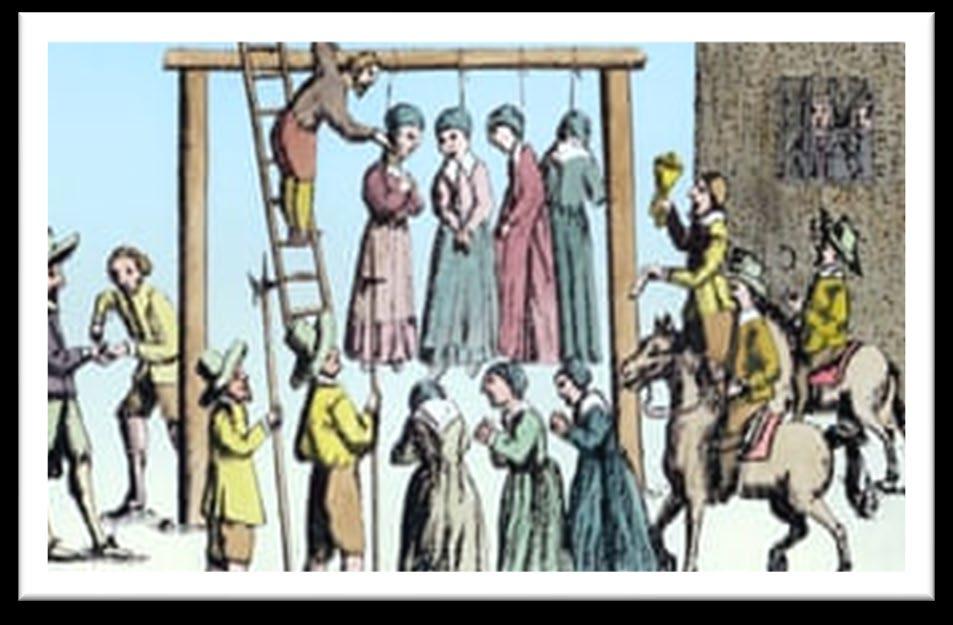
4. Non-examined assessment on a chosen historical controversy (20% of final mark)
This is a 3,000-4,000 word independent study project. Each pupil chooses her own topic of investigation with support from her non examined assessment. The project assesses the ability to analyse and evaluate a range of historical interpretations relating to a chosen historical enquiry; and effectively organise and communicate these findings in an historical essay.

The A Level course offers an excellent foundation for the study of History at university, where a greater range and depth of study is followed. History A Level is a very useful subject to develop relevant skills and knowledge for degree courses in Politics, Philosophy and Economics (Oxford) and Social and Political Sciences (Cambridge). It is also an excellent foundation for a wide range of subjects that are not offered at A Level, such as Anthropology, Archaeology, Law and International Relations. It is commonly studied as part of a joint honours course in combination with Humanities subjects such as English Literature and Modern Foreign Languages such as French and German. However, specific details and subject combinations vary from university to university and individual prospectuses should be consulted.
Studying History at A Level develops a range of academic skills that are transferable to a wide range of disciplines. The crafting of an effective history essay requires excellent research skills, the ability to sustain a coherent argument and the facility for controlled writing. Essays develop a wide range of higher order skills such as the ability to select and deploy contextual knowledge to build evidence based arguments; and to analyse and evaluate these arguments to reach judgements. The successful analysis of primary sources relies on close reading, accurate comprehension and a critical consideration of provenance; and the assessment of historians’ interpretations involves using all these skills to weigh their relative strength and draw substantiated conclusions. The Russell Group universities were heavily involved in the design of the new History specification and insisted that an extended essay was retained. They argued that this 4,000 word non-examined assessment was excellent preparation for university study and the best indicator of aptitude for analytical written subjects that is available to university admissions tutors. Most management jobs involve decision making and problem solving and both of these utilise the skills outlined above, so History is a good subject choice for those interested in a wide variety of professional careers such as law, politics, journalism, the Civil Service, publishing and broadcasting.

Head of Department: Miss H Oakden
Examination Board: Pearson Edexcel
History of Art concerns itself with human history through the study of painting, sculpture and architecture. The study of History of Art develops skills ranging from specific knowledge of the artistic expression of civilisations to analysis of art works, their quality, purpose, and meaning. A pupil of History of Art should be someone who enjoys visiting museums and galleries and learning about the history of cultural development. An appreciation of art is essential. If you can understand how important visual stimulus is in our lives (think TV, film, magazines, posters, advertising, etc.) then just imagine how important studying History of Art is – and how relevant it is to our lives today.
Requirements

There are no prior GCSE requirements to study History of Art, and pupils do not need to have any prior knowledge of the subject.
History of Art is a cross curricular subject; it draws from every other subject imaginable –History, Politics, Theology, Dance, Science, Music, Languages, etc. Therefore it is a fantastic subject to link with other Sixth Form choices and dovetails particularly well with ideas and material covered in the following A Level subjects: Art and Design, History, English Literature, Theology and Philosophy, Classical Civilisation, Modern Foreign Languages, Economics and Music. It also combines with Mathematics (for budding architects) and even Chemistry (most art restoration courses require a Chemistry A Level).

Visual Analysis:
Pupils will gain knowledge and understanding of the formal characteristics of History of Art and a general understanding of historical, social and cultural contexts of painting, sculpture and architecture. They will learn a visual language which will enable them to appreciate all artworks. It is a skill they will have for life.
Thematic Study:
This part of the course is intended to be an inherently broad based exploration of the developments in art and connections between movements and periods. Two themes are selected from the following three options: Nature in Art, Identities in Art, War in Art.
This period spans one of the most extraordinary concentrations of artistic achievement that the world has ever seen. The ideas, values and iconic works of the Italian Renaissance continue to shape our own ideas of beauty, perfection and heritage today. Pupils can explore the cultural contexts of the Renaissance through the work of Donatello, Brunelleschi, Michelangelo and Raphael, amongst others.

In the early years of the twentieth century, an extraordinary optimism fuelled the beginnings of the urban, machine age and artists responded with startling ideas that challenged many of the long-established conventions in art and architecture. Gradually, this optimism gave way to the horrific events of the two World Wars. The creative work of artists both in France and across Europe demonstrate a fascinating response to profound questions about what art is, who art is produced for and the personal and political functions it could fulfil.
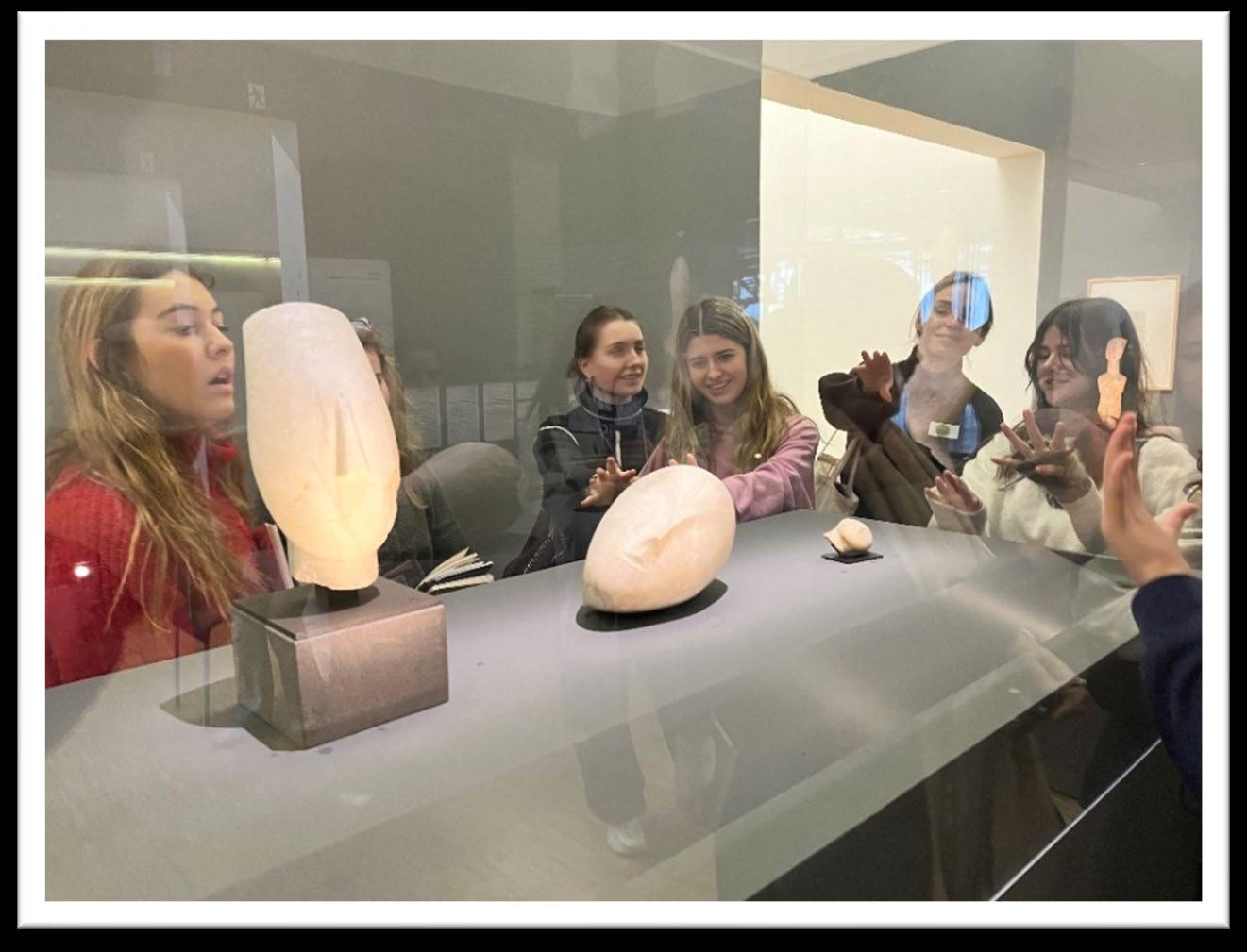
There is no coursework for History of Art at A Level, but two 3 hour long exams.
Whilst there is no coursework with History of Art, we do expect all Lower Sixth pupils to take part in the SPoKE Art Documentary competition, creating a short film on one work of art. The department also supports pupils who wish to take part in the Paul Mellon Write on Art competition, the ARTiculation Presentation competition, as well as apply for the Art History Abroad Sir Trenchard Cox Travel Scholarship.
The department offers two trips abroad, both whilst in the Upper Sixth. We visit Italy and Paris, to best fit in with our syllabus. These trips incur an additional cost and are not compulsory. They are designed to offer an extension on the work pupils do in class. The Lower Sixth visit London several times. We also organise evening trips for lectures and exhibitions.
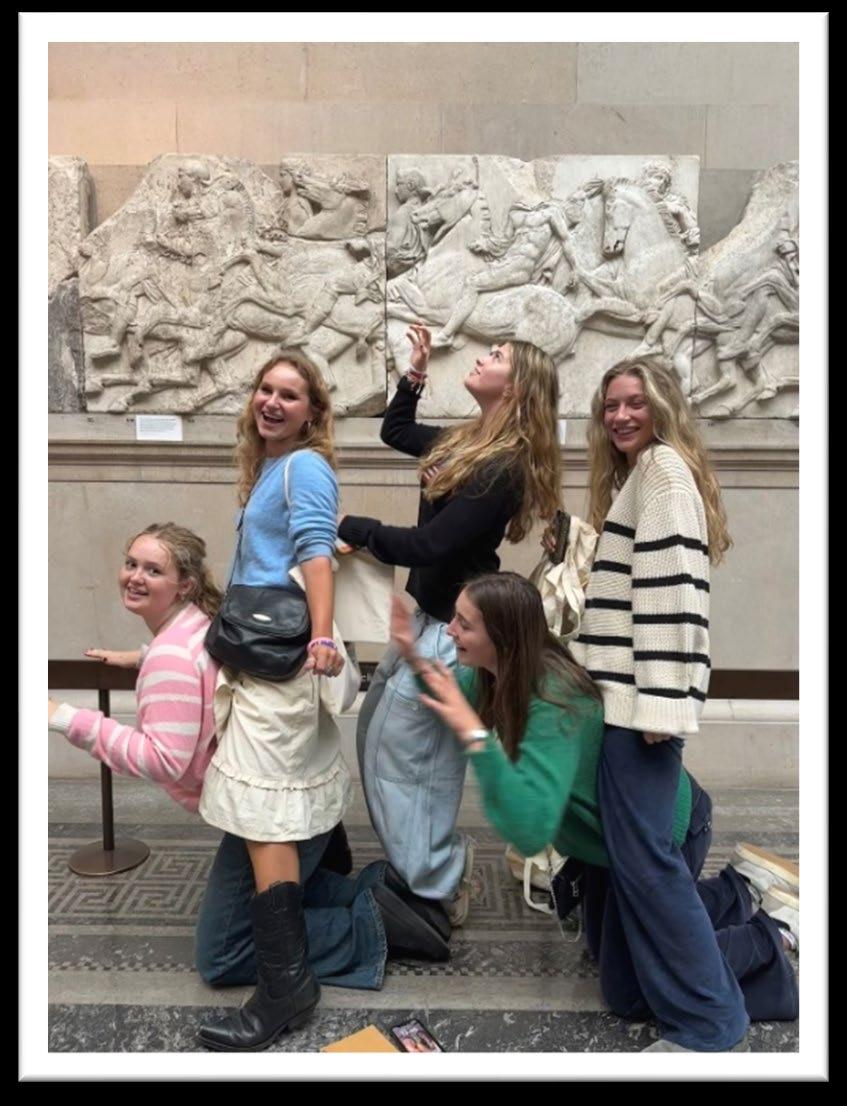
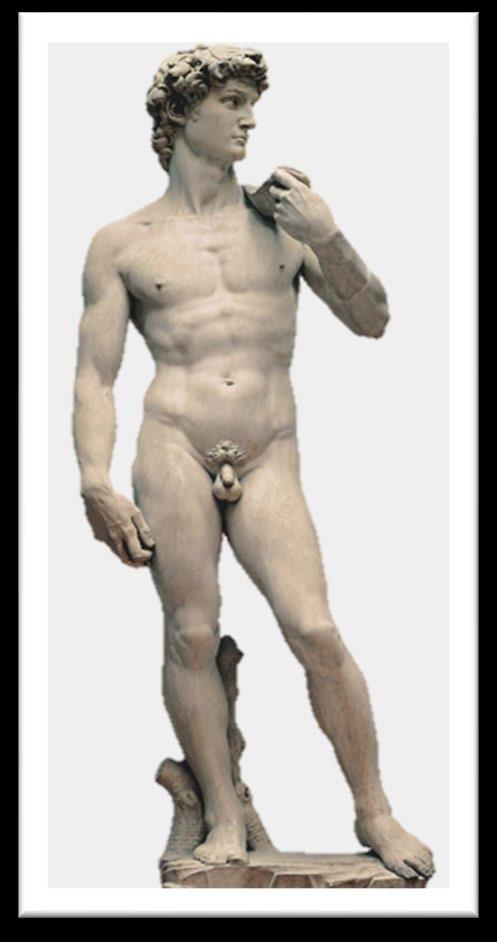
The majority of universities in the UK offer a degree in History of Art. Many of these offer it with other subjects and given the truly cross curricular nature of the subject it can be combined with many different subjects. Most commonly History of Art is combined with a European modern language, usually French, Italian, Spanish or German. However, we have had a number of St Mary’s pupils apply for History of Art and Drama, as well as History of Art and English. Recent History of Art university applicants have been successful at Cambridge, Bristol, The Courtauld Institute of Arts, Edinburgh, St Andrews, Exeter, Warwick, Leeds and Manchester.
The skills learned from studying History of Art are widely transferable and highly valued by employers across all business sectors. We live in a visual world and it is increasingly valuable to be able to process, analyse and conceptualise complex primary and secondary sources into coherent narratives; to confidently and clearly synthesise; to assess the quality and reliability of information; and to have a grasp of several centuries of human success and failure through the media of their artistic and cultural endeavours.
History of Art will be useful in careers in any field covering visual media, for example advertising, law, conservation/restoration, journalism, museums, auction houses and commercial galleries. As an essay based discipline it would support any career where the expression and organisation of ideas is important.

Italian
Head of Modern Foreign Languages Department: Mme E Cook
Examination Board: Pearson Edexcel
About the course
The course is based on the four skills of listening, speaking, reading and writing with the addition of translation. Pupils will study the work of contemporary authors and learn how to construct well argued essays. Pupils will learn to communicate effectively and confidently with people from beyond their own community and they will gain knowledge and insight into another culture. Pupils will acquire a lifelong skill for business and pleasure: languages make travel easier, more enjoyable and more enlightening, and improve their career opportunities.

Learning a language at a higher level will broaden the mind and it will also be fun, interesting and challenging.
Requirements
A minimum of Grade 8 in GCSE Italian is recommended.
Combinations
Pupils whose first love is languages can study two or more languages at A Level. However, Modern Languages also complement almost any subject area, combining well with other humanities or providing balance and contrast with mathematical and scientific subjects. They are considered a facilitating subject for university entry.
Specification
• Theme 1: Changes in Italian society
• Theme 2: Politics and culture in Italian speaking countries
• Theme 3: Italy: a society in evolution
• Theme 4: From Fascism to modern day
• Two literary texts will be studied from the prescribed list
Assessment
Paper 1: Listening, reading and translation
Written examination: 2 hours
• 80 marks in total
• 40% of A Level
Paper 2: Written response to works and translation
Written examination: 2 hours 40 minutes
• 120 marks in total
• 30% of A Level
Speaking Exam
• Discussion on a theme
• Independent research presentation
• Discussion on independent research
Oral examination: 21-23 minutes (including 5 minutes of formal preparation time)
• 72 marks in total
• 30% of A Level


Linguistic skills are highly valued at university, particularly Oxbridge and Russell Group universities. A modern language can be helpful at A Level for entry to degree courses in English, History, History of Art and Theology.
At university pupils may study one, two or more languages on some courses. Many undergraduates continue with one of their A Level languages and start another from scratch. Languages can also be combined with almost any subject: some popular combinations are with Economics, Business, Politics, History, English, Linguistics, Science or Law.

Studying modern foreign languages at A Level develops an exceptional number of transferable skills. The emphasis on speaking enables pupils to develop the skills to communicate, reason and defend their point of view orally. Preparing for the oral examination also requires thorough, detailed independent research. Reading exercises develop close reading and reading for gist, as well as the skills required to summarise. Listening texts train the ear to listen for detail. The written paper requires pupils to be able to evaluate and analyse, and to present their argument succinctly in well structured essays. In addition, an awareness of and sensitivity to other cultures is also nurtured.
These transferable skills make languages a good foundation for many careers. Numerous jobs, including in marketing and business, require people to make presentations, and the communication skills and confidence developed in modern foreign languages are an excellent preparation for this. The comprehension and written skills acquired are also valuable in a broad range of fields, including journalism and broadcasting. The cultural awareness developed is an asset when working in personnel management and diplomacy, as well as for any business which deals with clients overseas. In these days of international competition, employers are increasingly looking for employees with the knowledge of at least one modern foreign language. Careers using languages directly include interpreting, translating, tourism and teaching.

Head of Department: Mrs L
Examination Board: OCR
Povey
The study of Latin involves elements of language and literature of the classical world. Translation of unseen passages of original Latin requires a sensitive, analytical approach to language. The study of prose and verse set texts provides the context of the culture, politics and social life of Rome at significant periods in its history, which have had a profound influence on modern societies.
If pupils choose to study Latin for A Level they will be given the opportunity to visit museums and art galleries, attend relevant theatre productions and lectures on examination texts. We also offer trips to sites of classical culture, e.g. Rome, Athens, Delphi and Corinth.
Pupils should have achieved a minimum of Grade 8 in Latin GCSE and a proven ability whilst enjoying language and literature.
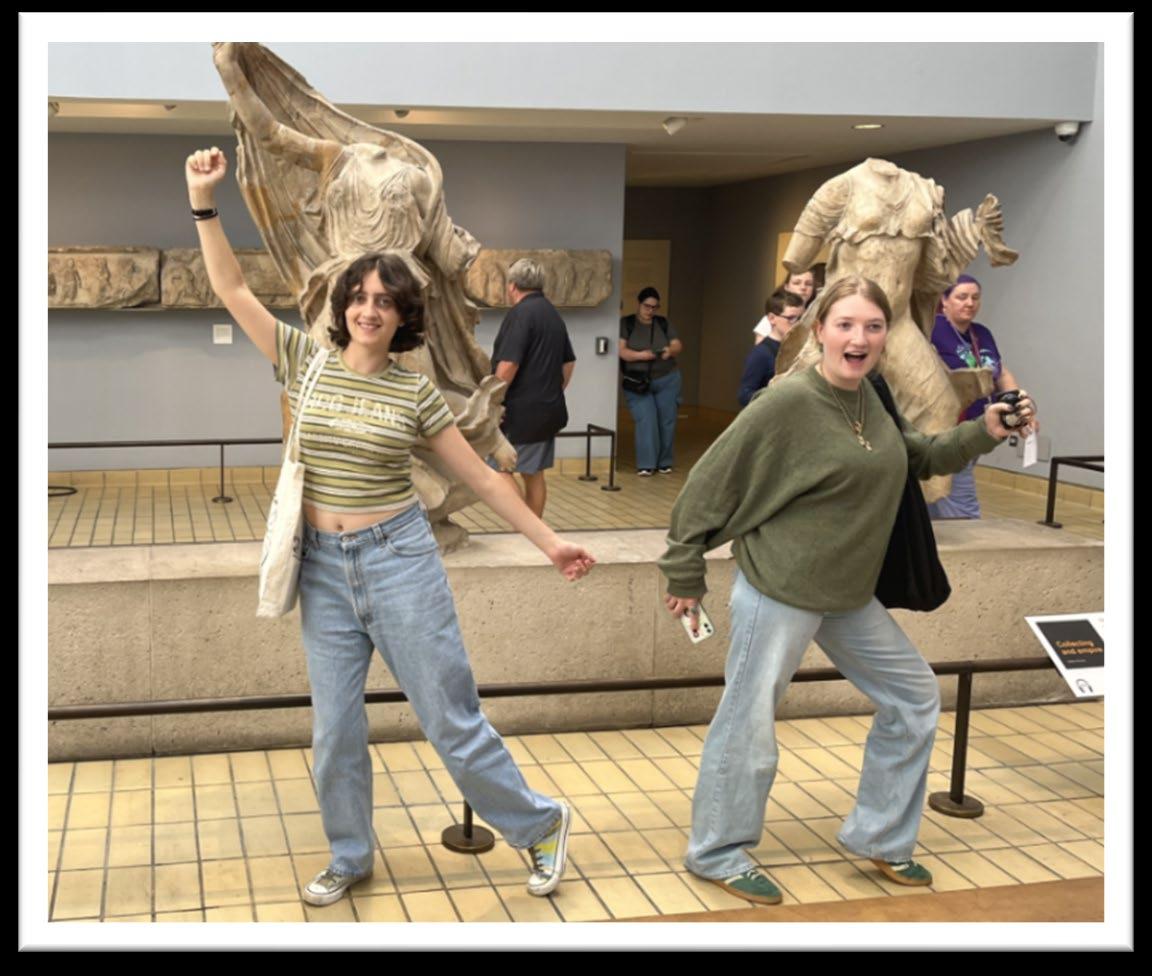
If a pupil is planning to specialise in Latin at university, they may consider studying Latin with Greek and Classical Civilisation which would provide a background to what is read in the language. Latin, however, makes an excellent combination with almost any other A Level subject, such as Mathematics, History, English, Sciences or Modern Foreign Languages.
Language: Unseen Translation and Prose Composition or Comprehension
Through the reading of a range of prose and verse set texts in Latin, a linguistic competence and appreciation will be developed so that a thorough knowledge of vocabulary and linguistic structures is gained. Skills acquired in writing simple Latin prose foster problem solving and resilience.
Two Latin prose set texts and two Latin verse set texts are studied in depth. Additional literature is studied in translation to understand the context from which the set texts have been taken.
Prose texts for examination include the works of Cicero, Tacitus, Livy and Apuleius. Verse texts for examination include selections from Virgil’s ‘Aeneid’ and the poetry of Ovid, Propertius, Catullus and Horace.
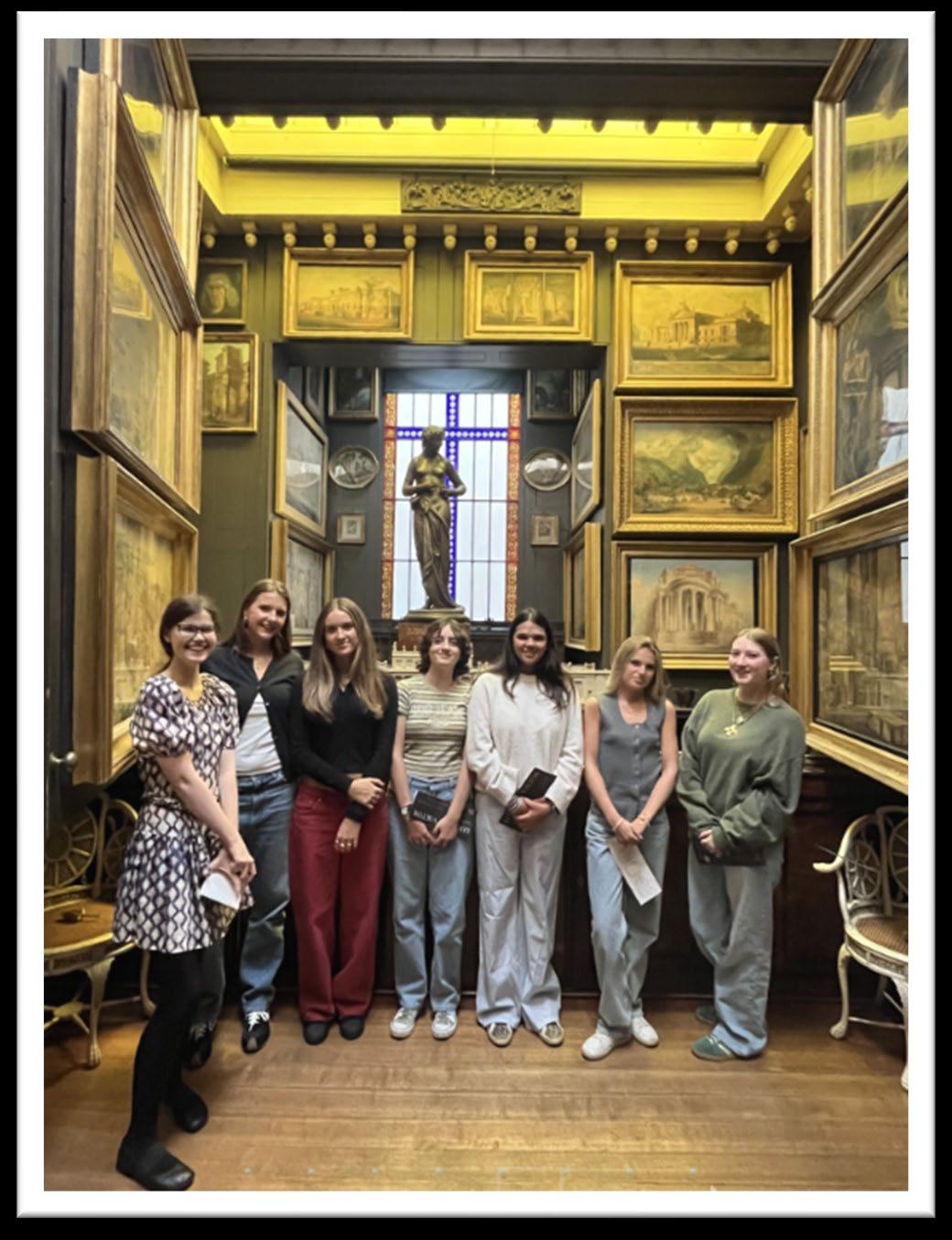
Component 01: Unseen Translation (33% of total A Level)
1 hour 45 minute externally assessed written paper. 100 marks
There are two sections of equal weighting:
Section A: unseen translation of a Latin prose passage into English Section B: unseen passage of Latin verse to be translated into English and scansion of two lines
Component 02: Prose Composition or Comprehension (17% of total A Level)
1 hour 15 minute externally assessed written paper. 50 marks
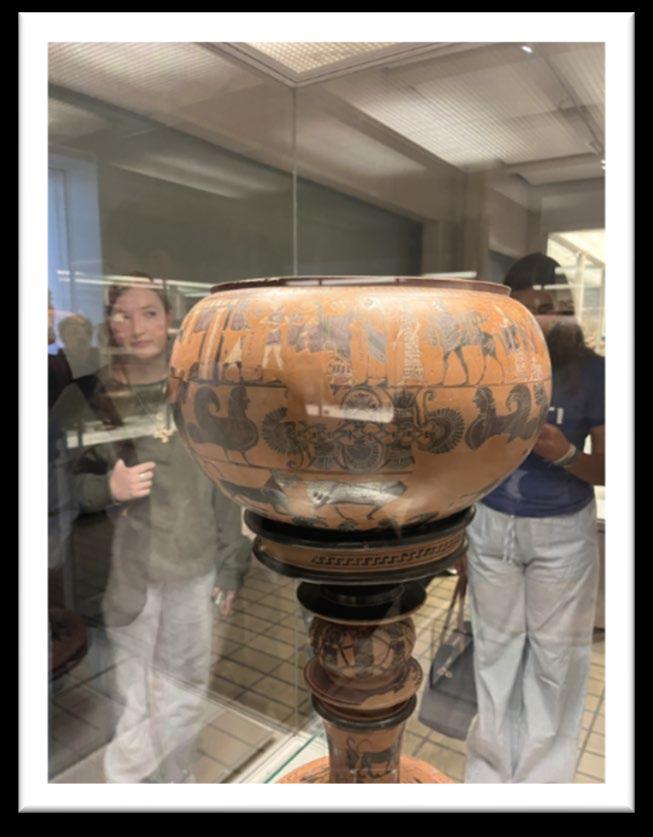
There are two sections; either Section A or Section B is to be answered:
Section A: translation, comprehension and grammar questions on an unseen passage from a specified author, e.g. Pliny’s ‘Letters’, or
Section B: translation of an English passage of at least 100 words in length into Latin
Component 03: Prose Literature (25% of total A Level)
2 hour externally assessed written paper. 75 marks
There are three sections to this component:
Section A: understanding and appreciation of one prose set text through translation, comprehension and a 15 mark question analysing literary style, characterisation, argument and literary meaning
Section B: understanding and appreciation of the second prose set text through translation, comprehension and a 15 mark question analysing literary style, characterisation, argument and literary meaning
Section C: essay which draws material from the second set text and material read in translation
Component 04: Verse Literature (25% of total A Level)
2 hour externally assessed written paper. 75 marks
There are three sections to this component:
Section A: understanding and appreciation of one verse set text through translation, comprehension and a 15 mark question analysing literary style, characterisation, argument and literary meaning
Section B: understanding and appreciation of the second verse set text through translation, comprehension and a 15 mark question analysing literary style, characterisation, argument and literary meaning
Section C: essay which draws material from the second set text and material read in translation
A Level Latin offers an excellent foundation for the study of Classics (Latin and Classical Greek) or Latin alone at university. It is also a most beneficial subject for university courses in Classics combined with Modern Foreign Languages, Law, Archaeology, Ancient or Modern History and Theology. Latin provides essential analytical skills for any degree with a historical or critical thinking focus.
Studying Latin at A Level develops a wide range of skills transferable to a range of subjects at university. The extended writing elements require a high level of written English, good articulation and analytical skills and an ability to express detailed information succinctly and with specialist vocabulary. The high level of language analysis involved in translating, comprehending and composing will complement, or be useful, in a broad spectrum of careers. Potential careers include the Civil Service, computing, banking, law, politics, business, advertising, archaeology, museum and gallery curator. Employers are often interested in classicists for their clarity of thought and problem solving skills.

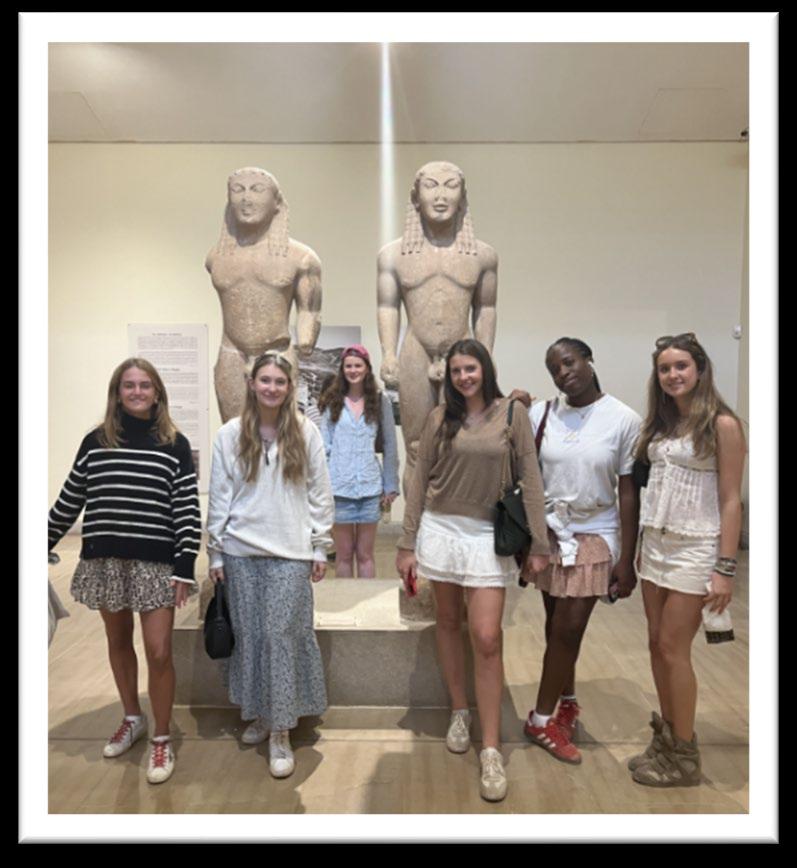
Head of Department: Mr R Bailey
Examination Board: Edexcel
About the course
The Mathematics A Level course builds upon the work covered at GCSE Level. New ideas are introduced which stretch the imagination and develop the process of logical thinking. Algebraic methods are used to develop problem solving skills and to construct rigorous mathematical arguments and proof. Pupils are encouraged to understand and apply principles rather than depending on memorising results.
Requirements

Mathematics at A Level is challenging and a Grade 8 or 9 at GCSE is required to begin the course. The demanding Further Mathematics course should only be considered by those pupils with a Grade 9 at GCSE and ideally a Grade 8 or above in the AQA Level 2 Certificate in Further Mathematics course or equivalent.
A graphics calculator is required for A Level Mathematics. These can be purchased in school at the start of the course.
Combinations
Mathematics combines well with other Science A Level subjects, particularly Physics; in recent years the statistics element has been of benefit to those who study Economics, Geography or Biology. It can also complement the humanities, as mathematical training helps to develop skills in logical and critical analysis.
The Edexcel A Level specification is taught at St Mary’s. The aims of this specification include:
• enabling pupils to understand Mathematics and mathematical processes in a way that promotes confidence, fosters enjoyment and provides a strong foundation for progress to further study.
• to extend the range of mathematical skills and techniques and understand coherence and progression in Mathematics and how different areas of Mathematics are connected.
• To use mathematical knowledge to make logical and reasoned decisions in solving problems and model situations mathematically to help make sense of data, to understand the physical world and to solve problems in a variety of contexts.
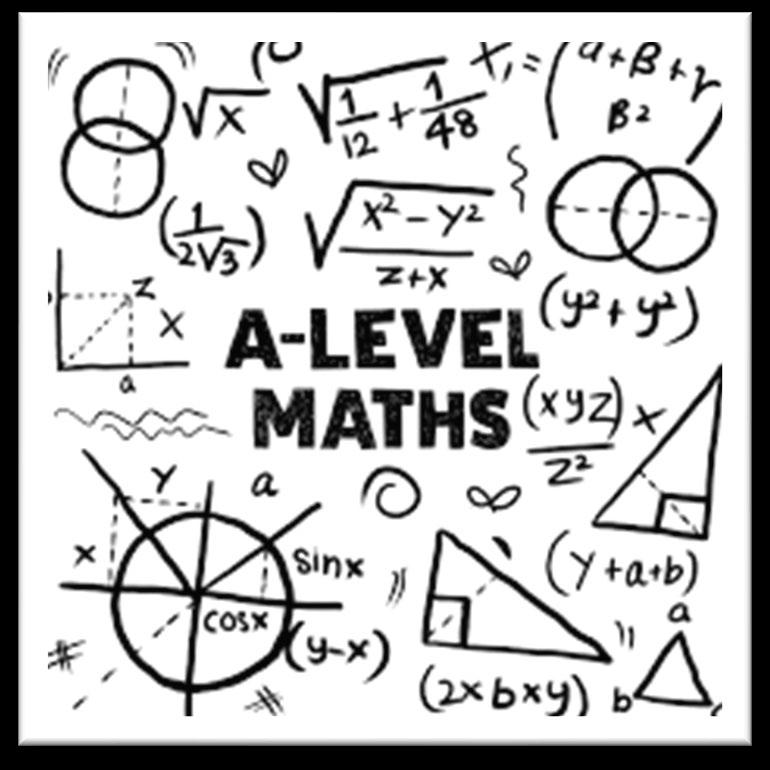
Assessment
Mathematics A Level
Three externally examined papers are written at the end of Upper Sixth. Each examination contributes equally to the final grade.
Paper 1
Paper 2
Paper 3
The A Level Further Mathematics course continues to build on the areas studied in the A Level with further study of pure Mathematics, mechanics and statistics.
Four externally examined papers are written at the end of Upper Sixth. Each examination contributes equally to the final grade.
Paper 1
Core Pure Mathematics 1 hour 30 minutes
Paper 2
Paper 3
Core Pure Mathematics 1 hour 30 minutes Further Mechanics 1 1 hour 30 minutes
Paper 4
Further Statistics 1 1 hour 30 minutes
Mathematics prepares pupils for further study in a wide range of disciplines involving the use of Mathematics. Mathematics is often essential for anyone intending to study Mathematical Sciences, Applied Sciences, Economics, or Engineering based degrees. It is desirable for many courses including Geography, Biological Sciences, Chemistry, Physics, Law, Medicine and Business Studies. It can also be part of a combined course such as Mathematics and Philosophy at Oxford; Mathematics and Business Studies at Edinburgh; Mathematics and Psychology at Durham; Mathematics and Computer Science at Imperial; or Mathematics, Operational Research, Economics and Statistics at Warwick.
A Level Mathematics and Further Mathematics show an ability to think logically and are a useful asset for any career.
Studying Mathematics or a combined course in Mathematics at university provides an academically rigorous and diverse preparation for a range of careers after graduation, from accountancy, law, management consultancy to biomedical research.

Director of Music: Mrs L Taylor-Warwick
Examination Board: AQA

The A Level Music specification is designed to teach pupils the integrated skills of listening, performing and composing through a historical exploration of a wide variety of musical styles and genres. There will be regular opportunities to perform in concerts and pupils will also have the opportunity to hear their compositions delivered live and recorded. There are also numerous opportunities to develop their musicianship outside the classroom, including co-curricular groups and concert trips.
ABRSM Grade 6 (or equivalent) on one instrument is a minimum requirement for the Performance component. GCSE Music and Grade 5 Theory are desirable, as are basic keyboard skills.
Music is excellent in combination with studies in the arts and humanities and also complements the sciences and Mathematics. Good combinations include: Drama and Theatre and Art and Design (creative arts industries); English and English Literature (criticism, journalism and media); Mathematics and Physics (sound engineering and the recording industry); Languages (cultural studies, publishing); and History (journalism, criticism).
The A Level Music course is divided into three components:
• Appraising Music (40%)
• Performance (35%)
• Composition (25%)
Appraising Music
This section of the course develops the pupils’ listening skills, analysis and contextual understanding, and comprises 40% of the overall A Level mark. There are seven areas of study, all of which provide an excellent point to develop performance and composition skills as well. Pupils must study the first area listed and then choose two from areas of study listed 2-7.
1. Western Classical tradition 1650-1910 (compulsory)
2. Pop Music
3. Music for Media
4. Music for Theatre
5. Jazz
6. Contemporary Tradition Music
7. Art Music since 1910
Pupils write a terminal examination which lasts 2 hours and 30 minutes. The paper is divided as follows:
Section A: Listening
Section B: Analysis
Section C: Essay
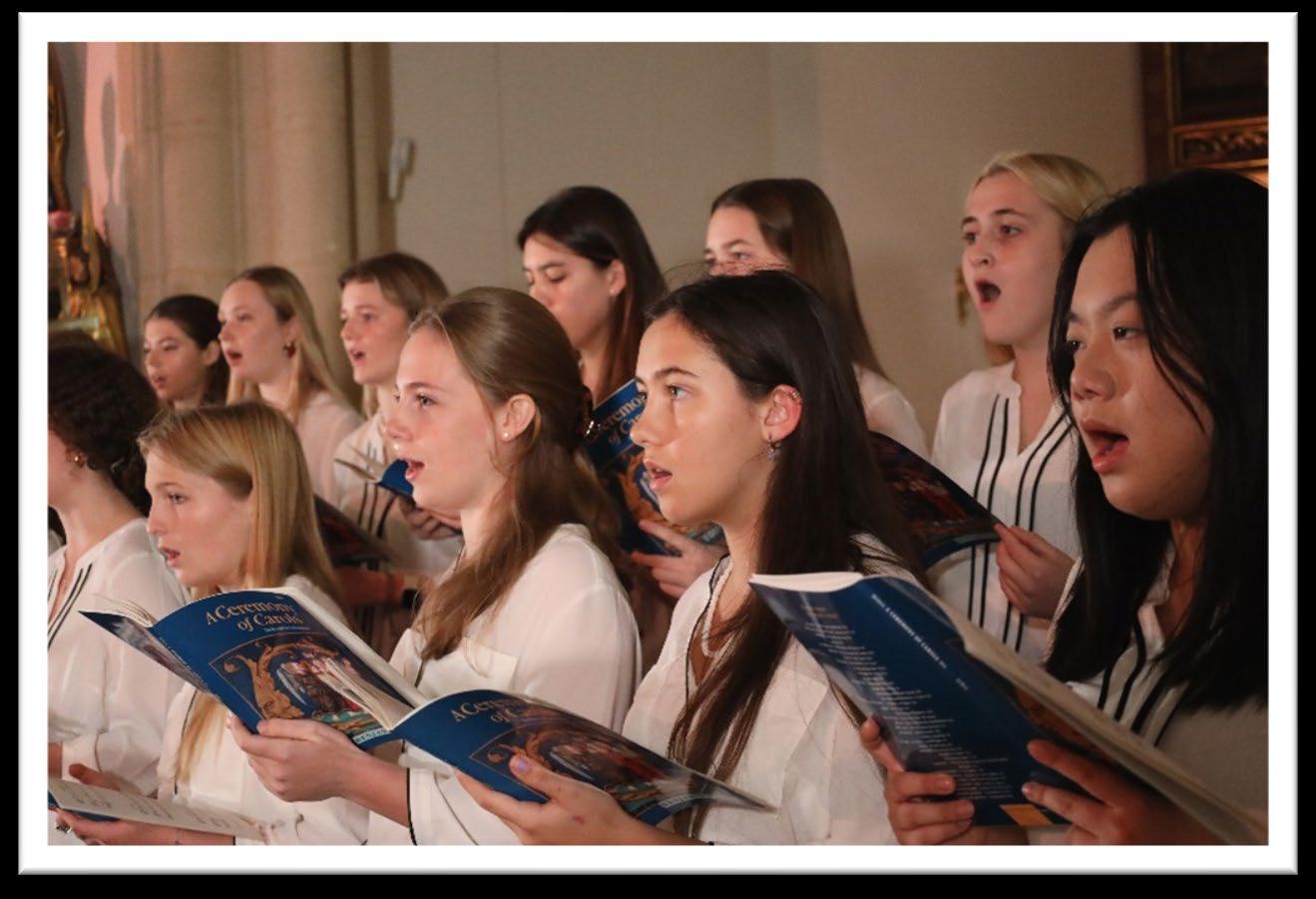
Performance makes up 35% of the course. Pupils must perform for a minimum of ten minutes and can do this as a soloist and/or as an ensemble player. The standard should be around Grade 7 and show a variety of skills across the programme. The audio recording must be completed between March and May of Upper Sixth and will be marked externally by AQA.
Composition makes up the remaining 25% of the course. Pupils are required to compose two pieces which are equally weighted:
• Composition 1: Composition to a brief
• Composition 2: Free Composition
For Composition1, pupils will select one from a choice of seven externally set briefs which will be available in September of their Upper Sixth year. Both compositions must be submitted with a short programme note that identifies the compositional intention. The total amount of music required must be a minimum of four and a half minutes. These pieces will be recorded and will also be marked externally by AQA.

The A Level course offers an excellent foundation for the study of Music at university and/or conservatoire and provides the basis from which to specialise in performance, composition or history and analysis. In addition, the study of Music A Level provides essential skills for any degree with a historical or analytical focus; especially, but not limited to, those within the arts and humanities. Music can also be part of combined courses with a range of other subjects.
The skills gained through the study of Music at A Level and beyond are applicable to a wide variety of careers. These include the development of effective performance and presentation skills, teamwork, detailed analysis and synthesis of source materials, and the construction of robust arguments. These qualities are highly valued in business and commerce as well as in the field of music, which includes avenues in performance, media, advertising, journalism, arts criticism, events management, publishing and arts administration.

Head of Physics: Mr D May
Examination Board: OCR
The course content aims, through well designed studies of theoretical and practical physics, to enable pupils to become confident citizens in a technological world, to recognise the role of the scientific method in the acquisition of knowledge and to be suitably prepared for further studies in Physics.
Beyond an interest in and enthusiasm for the subject, it is expected that all pupils wishing to pursue Physics at A Level will have achieved a minimum of Grade 8 in GCSE Physics or Grade 8-8 in the Physics paper sat as part of the Science (Double Award) qualification.

A Level Physics has a considerable mathematics component (at least 40% of the marks available in the terminal examinations). Therefore, pupils pursuing Physics at A Level will be expected to have achieved a minimum of Grade 8 in GCSE Mathematics.
The course relies heavily on numeracy and digital literacy, and not only for the Practical Endorsement. Terminal assessments in Physics require the use of mathematics at a greater level than at GCSE, more so than the other two sciences.
A Level Mathematics is an invaluable addition for pupils following the A Level in Physics and should be considered almost a requirement for the course. A Level Physics complements either of the other two sciences, particularly when considering an engineering based degree at university.
It serves as an interesting addition to a broad curriculum where the goal is a university course without strict subject entry requirements, particularly with humanities such as theology.
– OCR A Level GCE Physics A – H556
Module 1 – Development of practical skills in physics
Module 2 – Foundations of physics
• Physical quantities and units
• Making measurements and analysing data
• Nature of quantities
Module 3 – Forces and motion
• Motion
• Forces in action
• Work, energy and power
• Materials
• Newton’s laws of motion and momentum
Module 4 – Electrons, waves and photons
• Charge and current
• Energy, power and resistance
• Electrical circuits
• Waves
• Quantum physics
Module 5 – Newtonian world and astrophysics
• Thermal physics
• Circular motion
• Oscillations
• Gravitational fields
• Astrophysics and cosmology
Module 6 – Particles and medical physics
• Capacitors
• Electric fields
• Electromagnetism
• Nuclear and particle physics
• Medical imaging

The course is assessed by means of three terminal examinations:
Paper 1: Modelling Physics, is 2 hours 15 minutes long and covers material from Modules 1 -3 and 5.
Paper 2: Exploring Physics, is also 2 hours 15 minutes long and covers material from Modules 1, 2, 4 and 6.
Papers 1 and 2 consist of multiple choice, short answer and long answer questions.
Paper 3: Unified Physics, is a synoptic paper, 1 hour 30 minutes in length, and covers material from the full breadth of the syllabus.
Paper 3 consists of short and longer answer questions.
All three papers are marked externally.
The experimental component of the course is reported on separately. This Practical Endorsement requires the completion of a minimum of 12 practical activities, with pupils required to demonstrate a wide variety of experimental skills.
There are many branches of Physics that can be read at university, from Astrophysics to Theoretical Physics via Experimental Physics, in addition to the straight Physics degrees. It is also available as a joint honours degree with, for example, Philosophy, Mathematics or Music. Physics at A Level is also an essential requirement for the many branches of Engineering, be it civil, biomedical, aerospace, electrical, mechanical, automotive, architectural or live sound engineering.

Physics, being a subject involving problem solving, logic and mathematics, forms a sound basis for a wide range of careers including research, engineering, architecture, medicine and healthcare, astronomy, nanosciences, energy, geophysics, finance and law.
Analytical and problem solving skills are fundamental to Physics, a subject that questions how the universe, and the matter of which it is composed, behave and how that is responsible for the phenomena observed around us. Critical analysis and an ability to question proposed hypotheses and explanations for these phenomena in this ever changing subject is required. Models are tested, improvements suggested, and experimental or theoretical work is carried out so that the cycle can begin once more. Creativity and innovation are at the forefront as pupils plan experiments and design models for the Practical Endorsement component of the course.

Head of Department: Mr M Marcas
Examination Board: AQA
About the course
Psychology looks at the ways people think, act, react, and interact. It is the study of human (and animal) behaviour, and the thoughts and emotions that influence behaviour. The AQA course covers a variety of core topics designed to introduce you to a wide range of psychological research and theory.
Students learn extensive research methods and statistical analysis, along with designing experiments, interpreting data, and evaluating psychological theories using scientific methodology. The course aims to enable pupils to become confident, articulate and analytical scientific writers, to develop critical thinking, and to be suitably prepared for further studies in Psychology.
Requirements
A Level Psychology requires strong analytical skills and an interest in scientific approaches to understanding behaviour. Students need at least Grade 7 in GCSE Mathematics due to the extensive statistical content. A solid understanding of Biology is highly recommended as the course includes substantial coverage of brain function, nervous system structure, genetics, and biological influences on behaviour in multiple topics.
Combinations
Psychology works well with both physical sciences like Biology and Chemistry, and humanities subjects including English, History, or Modern Foreign Languages. It serves as an excellent bridge between sciences and arts, making it valuable for students pursuing broad curricula or university courses that don't require specific facilitating subjects. The combination of scientific methodology with human insight also makes Psychology complementary to subjects like Philosophy, Sociology, or Anthropology.
The A Level specification includes a range of core topics such as the various approaches employed within Psychology, the research methods used and current issues and debates within the subject. It also features topics representing a wide range of other research areas. These include, but are not limited to:
• Social Psychology, including research into how and why we conform and obey; how minorities can influence others and how these processes can lead to social change
• Cognitive Psychology, including research into memory, forgetting and the reliability of eyewitness testimony and how our perception of the world develops in childhood
• Developmental Psychology is studied through an explanation of the nature of the bonds of attachment between parent and child, and what happens when these bonds do not form or are broken, along with how we learn to empathise with others
• Psychopathology, including definitions of abnormality and the study of the nature, cause and treatment of a range of illnesses including phobias, depression, OCD and schizophrenia
• Biopsychology, including the impact of the nervous and endocrine systems on behaviour, stress responses, ways of studying the brain and how our brain works
• An applied unit on Forensic Psychology in which the various biological and psychological explanations of offending behaviour, and ways of dealing with it are discussed, along with research into offender profiling
• Research Methods and Statistics, which teach pupils about how psychological research is conducted and analysed, along with strengths and limitations of these methods
Assessment
The A Level is awarded on the basis of three written terminal examinations. There is no nonexamined assessment option.
Paper 1: Introductory Topics in Psychology
• Written 2 hour examination
• Social Influence, Memory, Attachment, Psychopathology
• 33.3% of A Level
Paper 2: Psychology in Context
• Written 2 hour examination
• Approaches, Biopsychology, Research Methods
• 33.3% of A Level
Paper 3: Issues and Options in Psychology
• Written 2 hour examination
• Issues and Debates, Cognition and Development, Schizophrenia, Forensic Psychology
• 33.3% of A Level
Pupils will be prepared for further education in any field within psychology across a variety of disciplines, such as clinical, educational, forensic, sports or marketing psychology.
Psychology is highly competitive with significant variation in entry requirements. For careers in clinical, educational, or forensic psychology, students must study single honours Psychology with BPS (British Psychological Society) accreditation – this is essential for professional qualifications and postgraduate training. Joint honours degrees typically lack BPS accreditation and limit career options within professional psychology but offer flexibility for those interested in multiple subjects.
Psychology courses vary considerably in focus. Some courses emphasise biopsychology and neuroscience, others focus on cognitive or social psychology. Competitive institutions include Oxford (Experimental Psychology), Cambridge (Psychological & Behavioural Sciences), UCL, Edinburgh, and Bath. A Level Psychology may reduce entry requirements by one Grade at some universities, while others require Mathematics or Biology.
Psychology develops scientific analysis, research methodology, and evidence-based reasoning – skills that are highly valued across many sectors. Students learn to design experiments, interpret statistical data, evaluate competing theories, and communicate findings through detailed scientific reports. These abilities lead to careers in healthcare (clinical psychology, mental health services, healthcare research), education (educational psychology, teaching, training development), business (human resources, market research, user experience design), and research (academic institutions, government agencies, private consultancy). The subject also provides pathways into criminal justice, social services, media, and management roles where understanding human behaviour proves valuable. Specialised fields like clinical and educational psychology require further study and training but offer strong long-term prospects, while graduates entering business or research may find more immediate opportunities.
Head of Modern Foreign Languages Department: Mme E Cook
Examination Board: AQA
About the course
The course is based on the four skills of listening, speaking, reading and writing with the addition of translation. Pupils will study the work of an author and a film director and learn how to construct well argued essays. Pupils will learn to communicate effectively and confidently with people from beyond their own community and they will gain knowledge and insight into another culture. Pupils will acquire a lifelong skill for business and pleasure: languages make travel easier, more enjoyable and more enlightening, and improve career opportunities.

Learning a language at a higher level will broaden the mind and it will also be fun, interesting and challenging.
Requirements
A minimum of grade 8 in GCSE Spanish is required.
Combinations
Pupils whose first love is languages can study two or more languages at A Level. However, Modern Languages also complement almost any subject area, combining well with other humanities or providing balance and contrast with mathematical and scientific subjects. They are considered a facilitating subject for university entry.
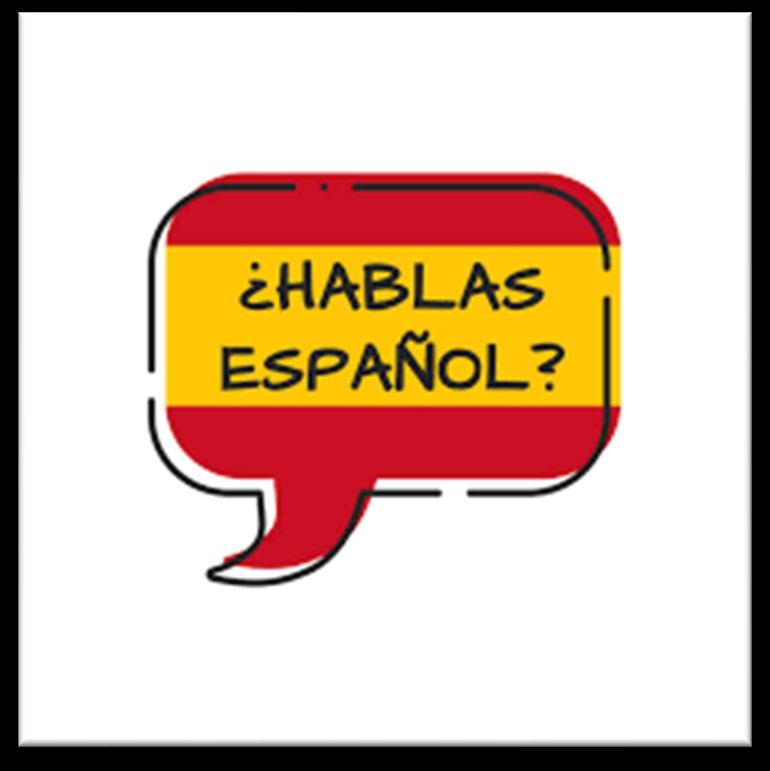
• Aspects of Hispanic society: modern and traditional values, cyberspace and equal rights
• Artistic culture in the Hispanic world: immigration, racism and integration
• Multiculturalism in Hispanic society
• Aspects of political life in Hispanic society
• One text and one film or two texts from the list set in the specification
• Grammar
• Translation

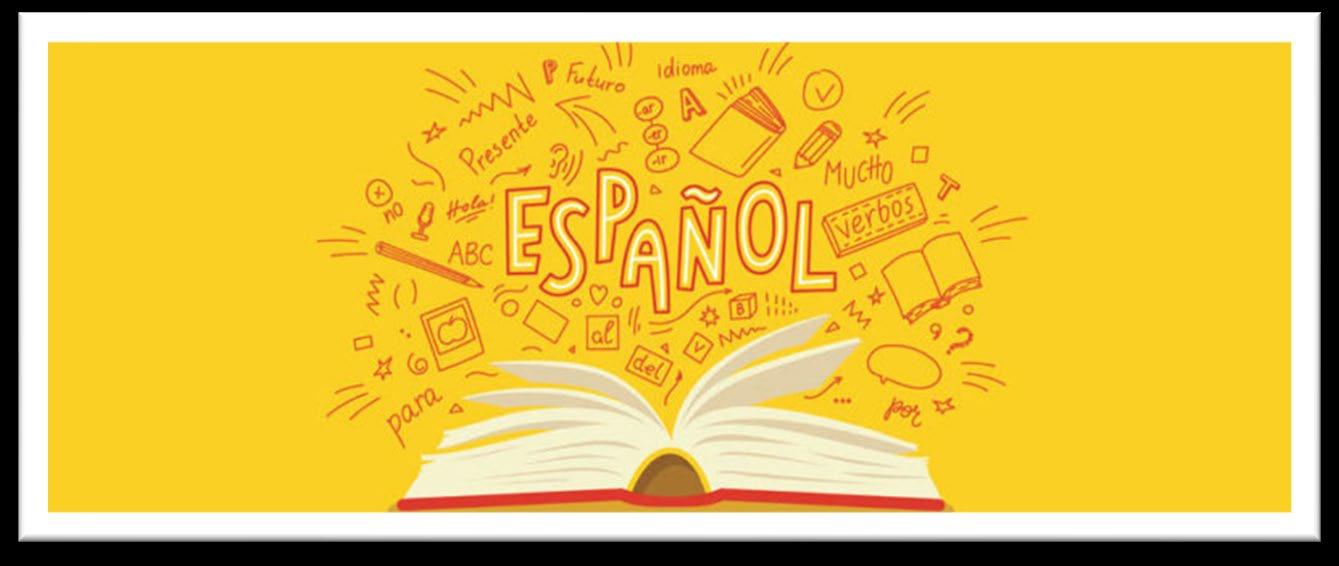
Paper 1: Listening, reading and writing
Written examination: 2 hours 30 minutes
• 100 marks in total
• 50% of A Level
Paper 2: Writing
Choice of question on set texts or film
Written examination: 2 hours
• 80 marks in total
• 20% of A Level
Paper 3: Speaking
• Individual research project on one of four sub themes, i.e. Aspects of Hispanic society or Artistic culture in the Hispanic world or Multiculturalism in Hispanic society or Aspects of political life in Hispanic society
• Discussion on above A Level topics
Oral examination: 21–23 minutes (including 5 minutes of formal preparation time)
• 60 marks in total
• 30% of A Level
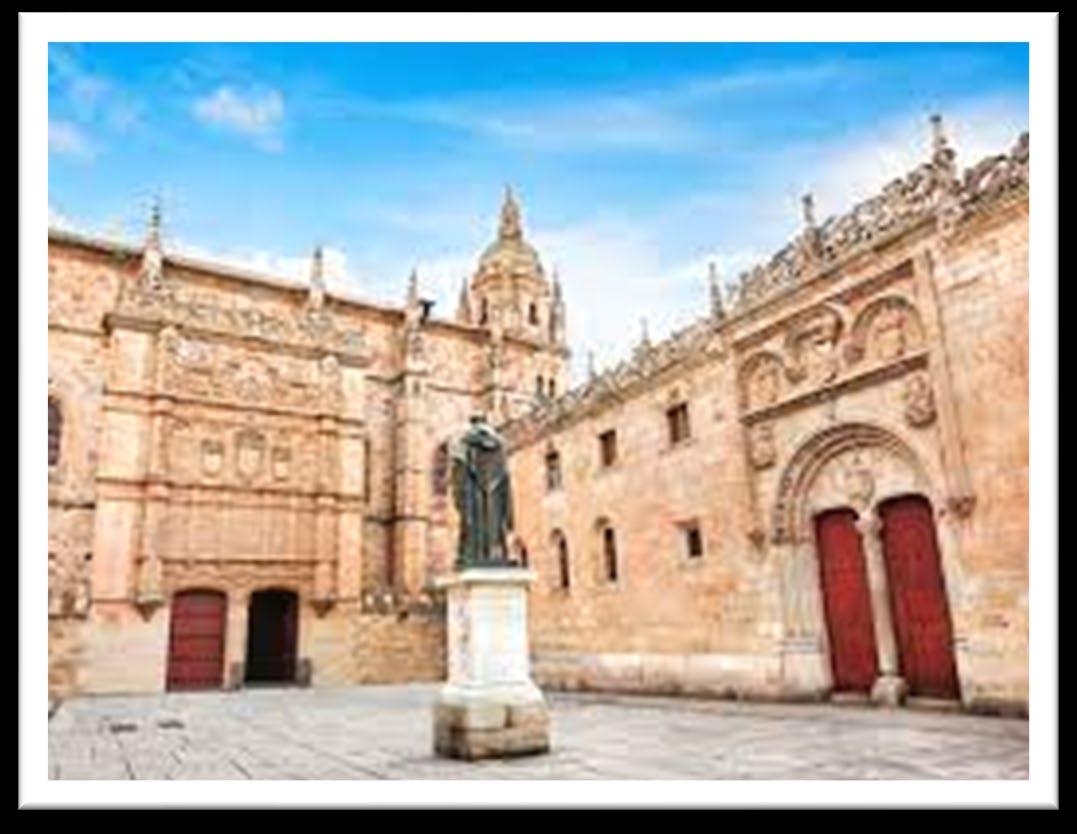
Linguistic skills are highly valued at university, particularly Oxbridge and Russell Group universities. A modern language can be helpful at A Level for entry to degree courses in English, History, History of Art and Theology.
At university pupils may study one, two or more languages on some courses. Many undergraduates continue with one of their A Level languages and start another from scratch. Languages can also be combined with almost any subject; some popular combinations are with Economics, Business, Politics, History, English, Linguistics, Science or Law.
Studying Modern Foreign Languages at A Level develops an exceptional number of transferable skills. The emphasis on speaking enables pupils to develop the skills to communicate, reason and defend their point of view orally. Preparing for the oral examination also requires thorough, detailed independent research. Reading exercises develop close reading and reading for gist, as well as the skills required to summarise. Listening texts train the ear to listen for detail. The written paper requires pupils to be able to evaluate and analyse, and to present their argument succinctly in well structured essays. In addition, an awareness of and sensitivity to other cultures is also nurtured.
These transferable skills make languages a good foundation for many careers. Numerous careers, including in marketing and business, require people to make presentations, and the communication skills and confidence developed in Modern Foreign Languages are an excellent preparation for this. The comprehension and written skills acquired are also valuable in a broad range of fields, including journalism and broadcasting. The cultural awareness developed is an asset when working in personnel management and diplomacy, as well as for any business which deals with clients overseas. In these days of international competition, employers are increasingly looking for employees with the knowledge of at least one modern foreign language. Careers using languages directly include interpreting, translating, tourism and teaching.

Head
of
Department:
Mr R Stewart
Examination Board: OCR
The course is made up of the study of Philosophy, Ethics, and Developments in Christian Thought.
• Can we prove the existence or nonexistence of God?

• Should Christianity contribute to society’s values?
• What do the words that we use to describe God really mean, if anything at all?
• Who am I?
• Why do people disagree about right and wrong; do concepts of right and wrong exist or have we invented them?
• How should we understand the role of ethics in areas such as business, euthanasia, and sex?
• Am I free?
• Was Jesus a political liberator, wise teacher, or Son of God?
• Should we still be using the word ‘heresy’?
• Is motherhood liberating or restrictive?
If a pupil has ever found themselves asking questions like these then they are already doing Theology and Philosophy even if they don’t think they have answered them to their own satisfaction. Studying this subject will help pupils to better understand these questions and enable them to continue asking profound questions of meaning.
A Level Theology and Philosophy is designed to nurture the development of critical and reflective thinking, forming a greater understanding and appreciation of religious beliefs and teachings. Pupils will also evaluate the challenges to these beliefs from science, history, and secular society. In this course they will explore the disciplines of ethics and philosophy of religion. Emphasis is placed on critical analysis and the construction of balanced, informed arguments within the context of a religious, philosophical and ethical awareness. It also offers pupils a unique opportunity to add breadth and depth to their understanding of faith.
There are no prior GCSE requirements to study Theology and Philosophy, and pupils do not need to have any prior knowledge of the subject. As an essay subject it is important to enjoy reading, research, and writing essays.
Theology and Philosophy A Level sits comfortably with any combination of arts subjects, but a grounding in Theology and Philosophy may link particularly well with the study of English Literature, History or Government and Politics.
The A Level specification focuses on philosophy, ethics, and the developments in Christian theology. There are key philosophers and texts that are studied over two years, with scope for the broad study of significant scholarly debates over the last two and a half thousand years. The specific areas will include topics such as: arguments for the existence of God, secular and religious ethical theories, practical ethics (such as sexual ethics and matters of life and death), challenges to religious beliefs, and textual studies.
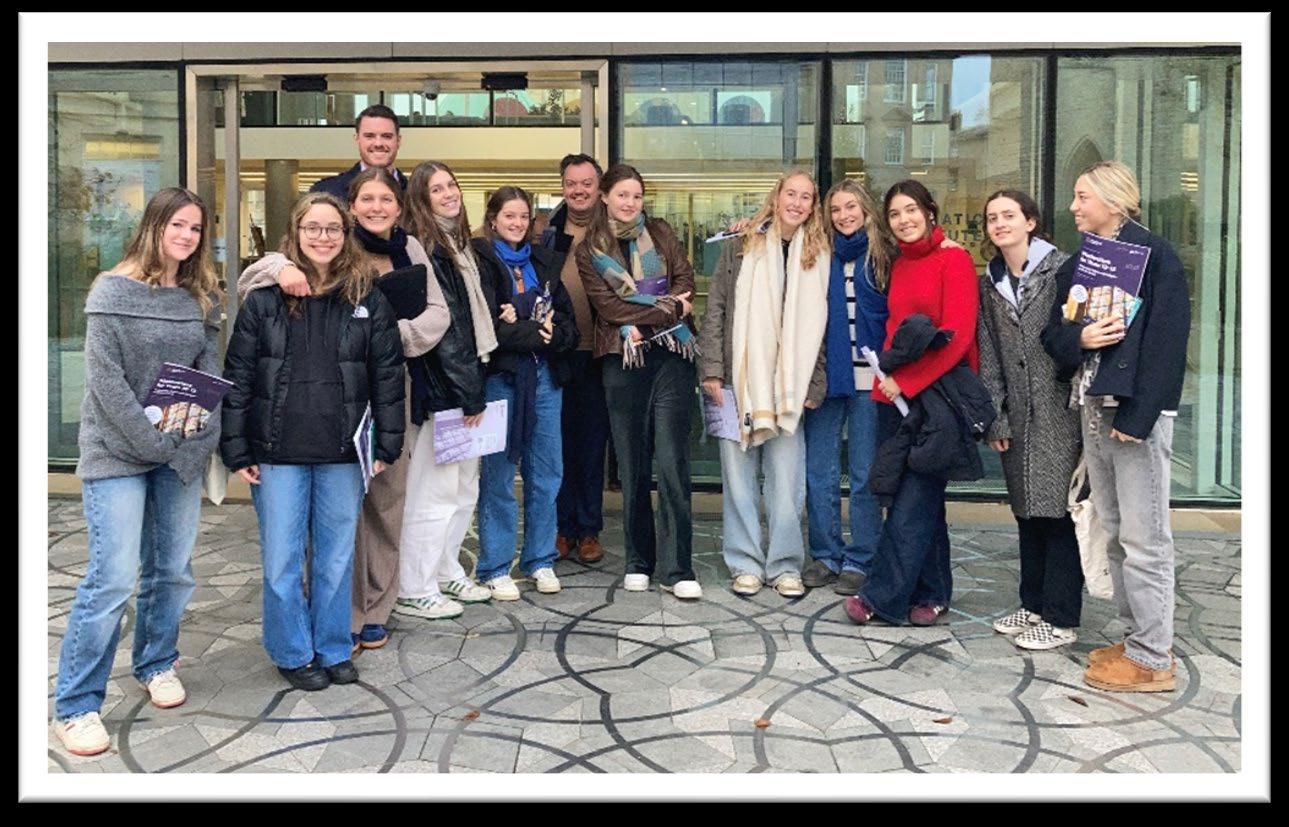
(Left) Trip to Oxford University for the Philosophy Ethics and Religion Masterclass
(Below) Trip to Eton for the joint philosophy discussion
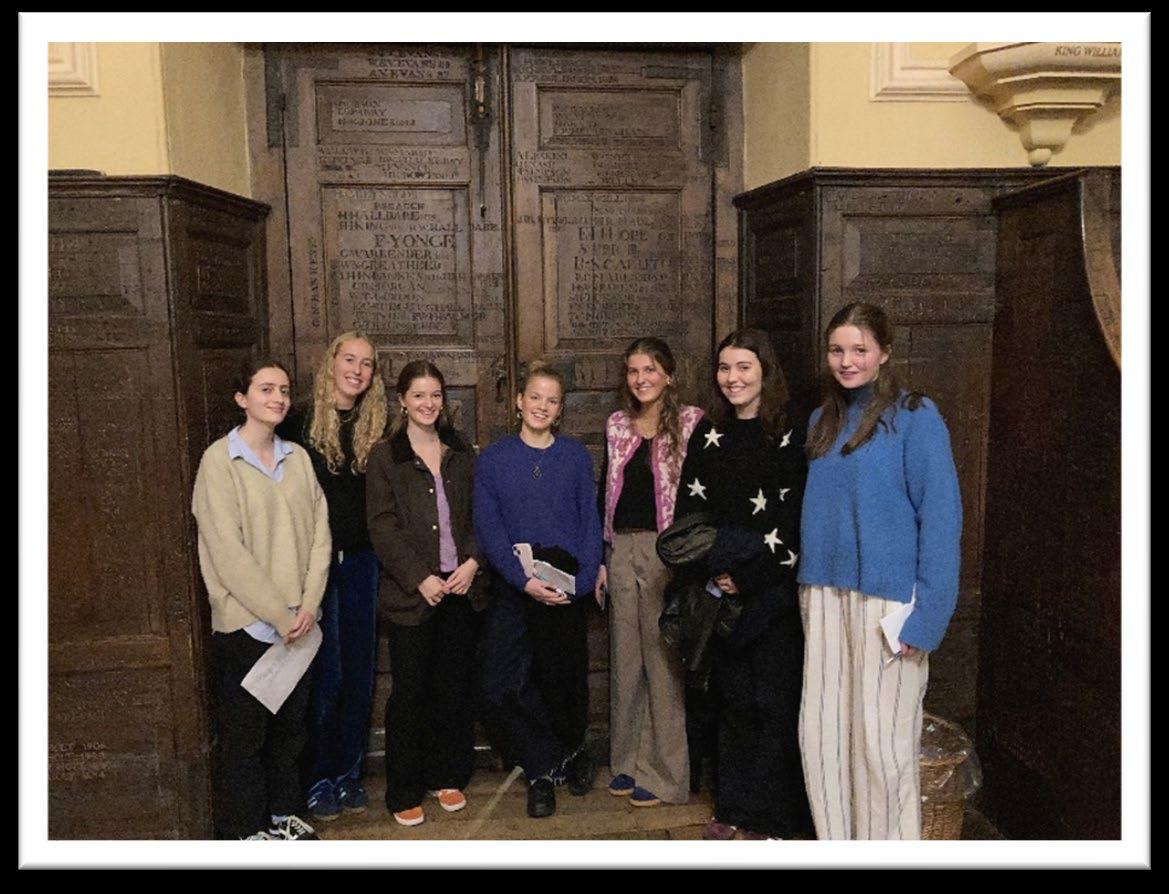
A Level Theology and Philosophy is assessed by three, 2 hour papers. In each examination pupils write three essays.
Paper 1: Philosophy of religion, 120 marks, 2 hour written paper
Pupils will study
Ancient philosophical influences
• The nature of the soul, mind and body
• Arguments about the existence or non-existence of God
• The nature and impact of religious experience
• The challenge for religious belief of the problem of evil
• Ideas about the nature of God
• Issues in religious language.
Paper 2: Religion and ethics, 120 marks, 2 hour written paper
Pupils will study
• Normative ethical theories
• The application of ethical theory to two contemporary issues of importance
• Ethical language and thought
• Debates surrounding the significant idea of conscience
• Sexual ethics and the influence on ethical thought of developments in religious beliefs.
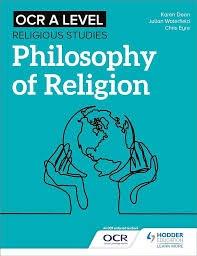
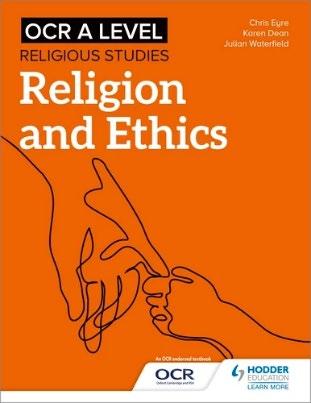
Paper 3: Developments in Christian thought, 120 marks, 2 hour written paper
Pupils will study
• Religious beliefs, values and teachings, their interconnections and how they vary historically and in the contemporary world
• Sources of religious wisdom and authority
• Practices which shape and express religious identity, and how these vary within a tradition
• Significant social and historical developments in theology and religious thought
• key themes related to the relationship between religion and society

Theology and Philosophy is accepted as a rigorous academic A Level by university admissions departments. The department supports applications to study Theology at university and in most years, pupils receive offers for Oxford or Cambridge. Many universities offer an exciting range of Theology courses which can concentrate on essential disciplines of language and biblical studies as well as combining well with contemporary subjects. The Russell Group of universities has made it clear that Theology and Philosophy A Level provides “suitable preparation for university generally”.
Pupils will find that the study of the basic principles of Theology is uniquely valuable in the study of almost any other subject; it requires logical thinking, the synthesising of material from a variety of sources, and the critical evaluation of that material to form an individual conclusion. The study of ethical theory and its application to practical ethical debate is an invaluable life skill.
A study of careers taken up by Theology graduates indicates the breadth of its future application. Statistics from Birmingham, Bristol, Cambridge and Newcastle universities, for instance, suggest that graduates move on to: administration, marketing, publishing, librarianship, law, finance and stockbroking, social work, nursing or other medical professions, teaching and church related work.
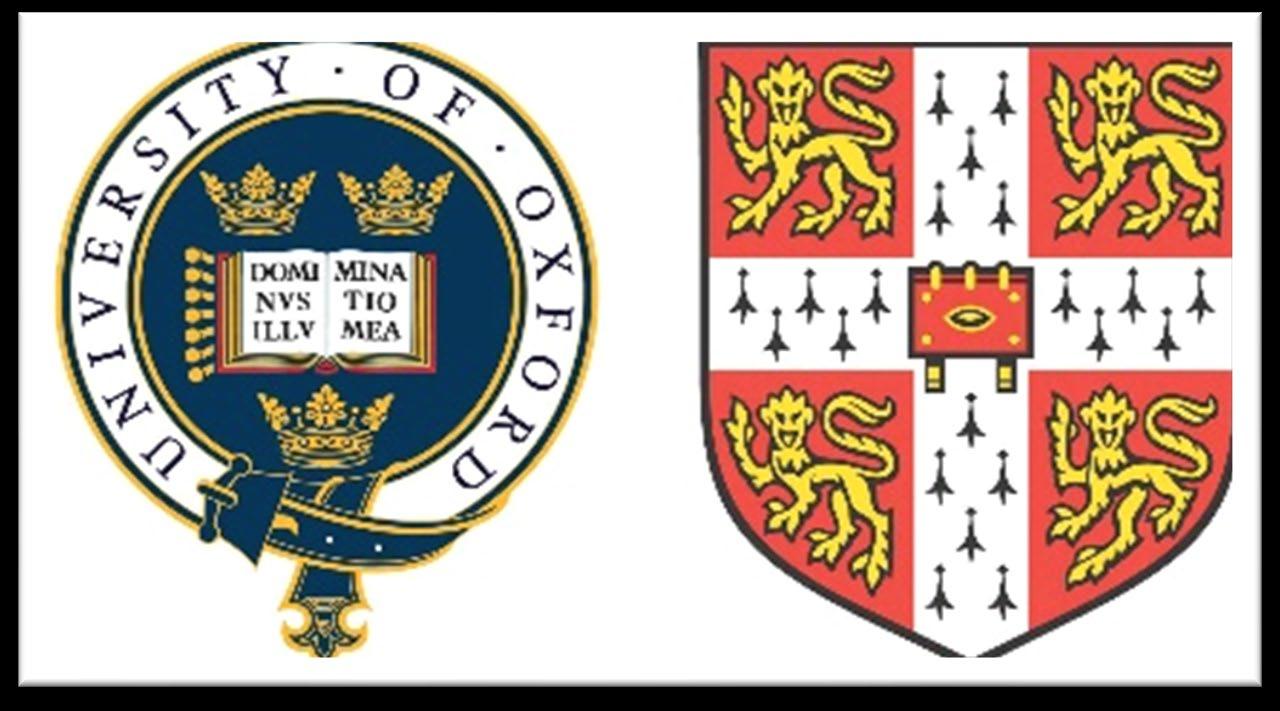
The Sixth Form Perspectives programme is a multi purpose course designed to help Sixth Form pupils develop key academic skills and to prepare for university life.
All Sixth Form pupils take part in a Thinking Skills course in the Michaelmas term of Lower Sixth. They can then take any of the following components:
• Extended Project Qualification (EPQ): pupils produce a project of their own design. They work with a supervisor to produce an essay, artefact or investigation on a subject of their choosing
• Essay Competition: pupils can choose to enter one of the many essay competitions run by universities and/or can produce an essay for the school’s Stonor Essay Competition
• Massive Open Online Course (MOOC): MOOC’s are accredited online courses often provided by some of the world's leading universities. They typically involve watching a number of lectures, completing additional readings and checking your understanding through unit assessments. Many girls choose to complete a MOOC and the school’s programme is overseen by the Lower Sixth Year Co-ordinator with girls having a chance to share areas they have researched with the rest of the year group.
• Directed Study: this programme allows pupils to attend academic support sessions which suit their needs. For example, research associated with university applications, support sessions with ACT/SAT Mathematics or study skills
There will be opportunities for individuals to seek advice about which option best suits their needs.

The General Religious Studies programme runs across five terms in the Sixth Form. In the weekly classes pupils will address a broad range of religious subjects. There are ample opportunities for small group discussions, seminars, lectures, and independent research as ethical, philosophical, theological and political traditions are explored. There is a particular emphasis on contemporary world views, both Catholic and non-Catholic, as the programme seeks to help pupils to become theologically literate and able to engage in informed conversation beyond St Mary’s.
The areas of study delivered via a carousel programme will include:
• Ethical Thought e.g., virtue ethics, genetic engineering, AI and its application to warfare, the role of emotions
• Philosophical Thought e.g., free will and the psychology of decision making, the nature of reality
• Theological Thought e.g., the problem of suffering and God’s love, faith and science
• Political Thought e.g., free speech, human rights, the principle of liberty
• Contemporary World Views e.g., world religions, humanism and other ethical and philosophical approaches
• Contemporary Catholic Thought e.g., care for the poor, equality, spirituality, faith at university, scriptural reasoning and interpretation
The first four areas of study will be delivered during the Michaelmas and Lent terms of the Lower Sixth. During the summer term of the Lower Sixth pupils will be guided in researching and presenting on topics of their choice related to one of the studied subject areas. Pupils will also engage in a series of seminar-style discussions to develop their understanding.
During the Michaelmas term of the Upper Sixth there will be classes on the final two areas of study which focus on contemporary thought. In the Lent term pupils will enjoy a lecture series and seminar discussions supported by a number of visiting speakers. Subject areas such as Hinduism, Islam, new religious movements, science and religion, the role of religion in politics, inter-faith dialogue, religion and Communism and the role of women within the Church will be explored.
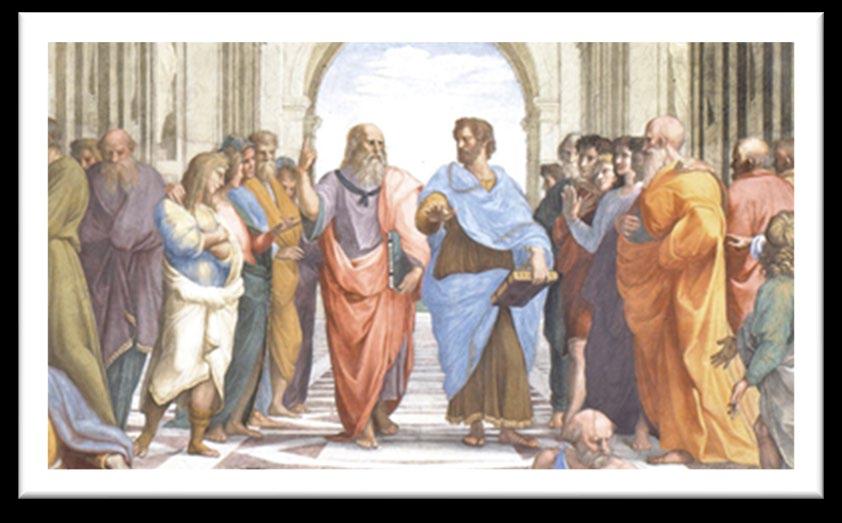
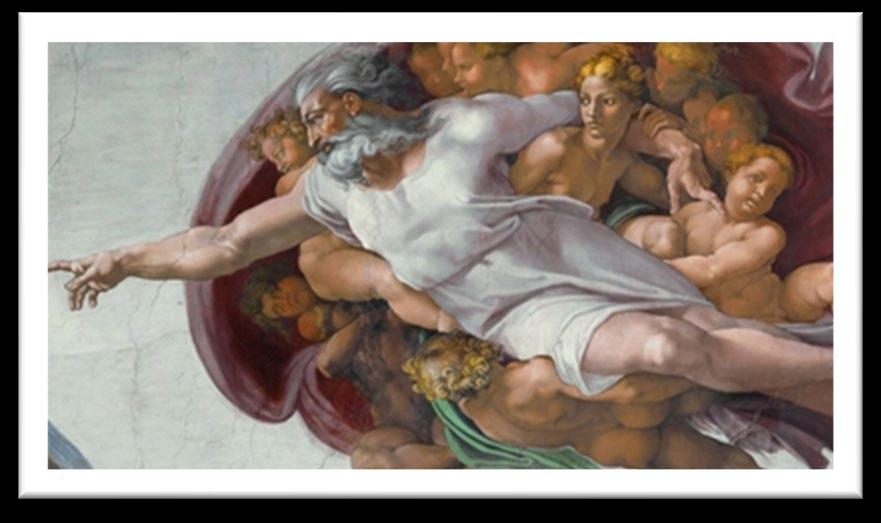
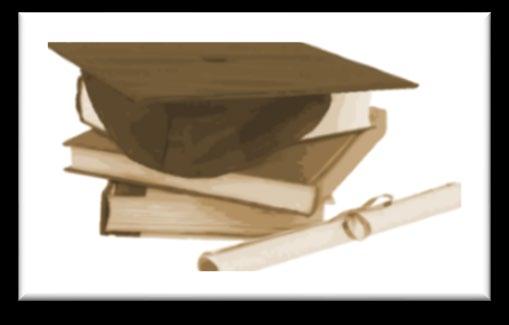
All members of the Lower Sixth are invited to participate in the Academy. This involves pupils attending a series of lectures held in school (usually two per term) and completing a programme of selfstudy based around a series of online lectures, books or equivalent.
Lower Sixth Academy pupils engage with a range of articles during the Michaelmas and Lent terms and may also study particularly important texts
Books studied in recent years have included:
• Karl Marx, The Communist Manifesto
• Chimamanda Ngozi Adichie, We Should All Be Feminists
• Virginia Woolf , A Room of One’s Own
• Sun-tzu, The Art of War
• Jorge Luis Borges, Labyrinths
• Elaine Scarry, On Beauty and Being Just
Academy seminars are an opportunity to discuss ideas. There is one each half term in the Michaelmas and Lent terms, hosted by a member of staff. All pupils thinking of making an Oxbridge or Ivy League application are expected to participate in the programme.
The Electives Programme for the Lower Sixth offers pupils a choice of completing two or three short courses, consisting of five 60-minute sessions, during the Michaelmas and Lent terms.
These elective courses cover academic subject areas such as: Politics and Government, Archaeology and Anthropology; explore issues such as Global Citizenship, Science in the Modern World, Entrepreneurship; and develop skills in areas such as Public Speaking.
They are designed to complement the existing core curriculum and Skills for Life programme.
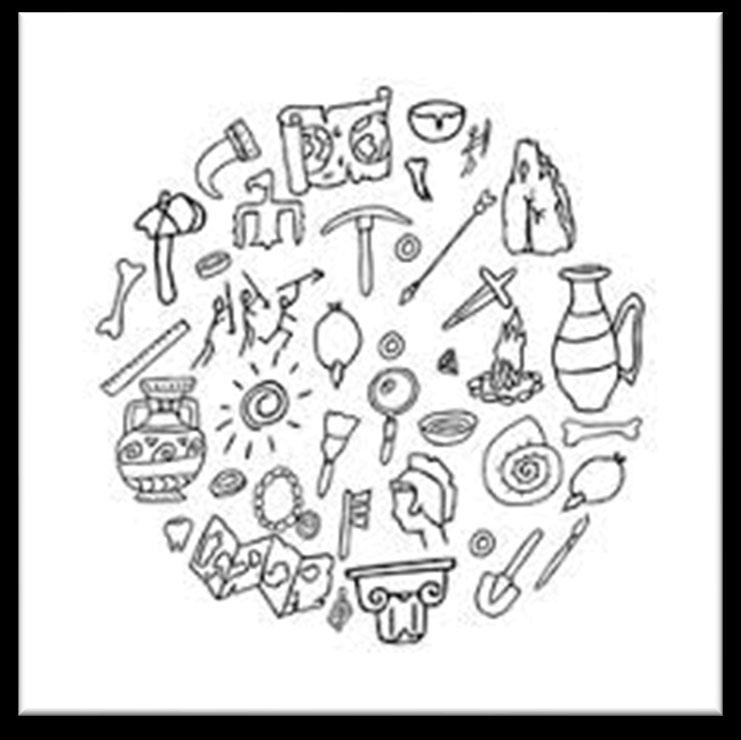
When pupils are not in academic lessons, there is a wide range of exciting and engaging cocurricular activities available for them to explore. Whether they enjoy debating, designing, dissecting or dancing, the chances are there will be plenty on offer to enrich their life timetable. The information below gives a flavour of the co-curricular opportunities at St Mary’s.

There is a range of auditioned and open choirs and musical ensembles available, depending on particular musical passions and experience. There is at least one major concert every term, as well as regular lunchtime concerts, a scholars concert, a Music Captain's concert, and frequent performances at Open Mornings and other events. Sixth Form pupils also run an Open Mic night every term and an annual Rock Concert, so there are plenty of opportunities to take centre stage. Whether pupils have a passion for Beyonce or Bach, contemporary or classical, there are plenty of ways to get involved in music at St Mary’s.
In the Sixth Form, pupils have the opportunity to represent St Mary’s in a variety of sports at Senior level. Hockey, netball, athletics, swimming, football, tennis and cricket squads all compete regularly against local schools and clubs, whilst equestrian, trampolining, golf and squash competitions, amongst others, also feature on our schedule. The gym is available in the evenings for personal use. Circuit training, retrofit and mindful movement sessions complement the wide range of dance classes, covering a range of disciplines, also on offer –please see Paid Activities for further details.
With six major productions a year in addition to several smaller scale performance opportunities, there is always plenty on offer in the Drama department. Pupils can audition for the leading roles or play their part in the creative ensembles: whatever their level of experience or ability they will have an opportunity to tread the boards. Pupils can work backstage if performing is not for them, by helping to operate the lights or sound with full training provided. Rehearsals take place on Sunday afternoons and Thursday evenings, with auditions spread throughout the year.

St Mary’s has a proud tradition of attracting exceptional speakers to the school. Recently we have had talks about leadership, genetics, climbing Everest, jewellery, the power of forgiveness and how to row the Atlantic delivered by leading professionals, academics and athletes. Our Inspirational Women series of lectures showcases the talents of amazing women across a range of fields, inviting pupils to head out into the world and become similarly inspirational. Though talks are frequently targeted at specific year groups, pupils are always welcome to attend any that pique their interest.

There are over forty clubs and societies to choose from at St Mary’s covering a wide variety of special interests and issues. Discussion groups encourage exploration of topics such as diversity, gender politics, the environment, current affairs, law and literature, whilst other clubs allow pupils to develop skills in photography, creative writing, languages, debating, painting, finance and STEM. Sixth Form pupils often lead the clubs with staff support, so if a pupil has a passion they would like to share then they could start their own society.
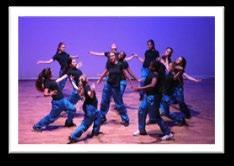
Paid activities are those provided by external professional coaches or clubs and which, therefore, incur an additional cost. These activities include extra music, LAMDA and language lessons, dance classes (ballet, tap, freestyle and contemporary), tennis, squash, golf, fencing, trampolining, equestrian sport, cookery and Alexander Technique. Pupils should aim to sign up for these at the start of the year and costs will be added to the termly bills.
Charity and service are woven into the fabric of life at St Mary’s, with opportunities to give back to our community provided through the Duke of Edinburgh’s Award, the Charities Committee and the Magis Award. Open to our Lower Sixth pupils, the Magis Award is given to someone who undertakes or researches a charitable or philanthropic venture, and then reflects upon how this project has affected the lives of others – the five charities deemed to be most worthy or developmental will each receive a £1,000 donation.
Life at St Mary’s is about so much more than what happens in the classroom: boarding offers opportunities to pursue passions and forge friendships through individual endeavour and collective enjoyment in so many ways. We hope that pupils will get stuck in to all that is on offer.
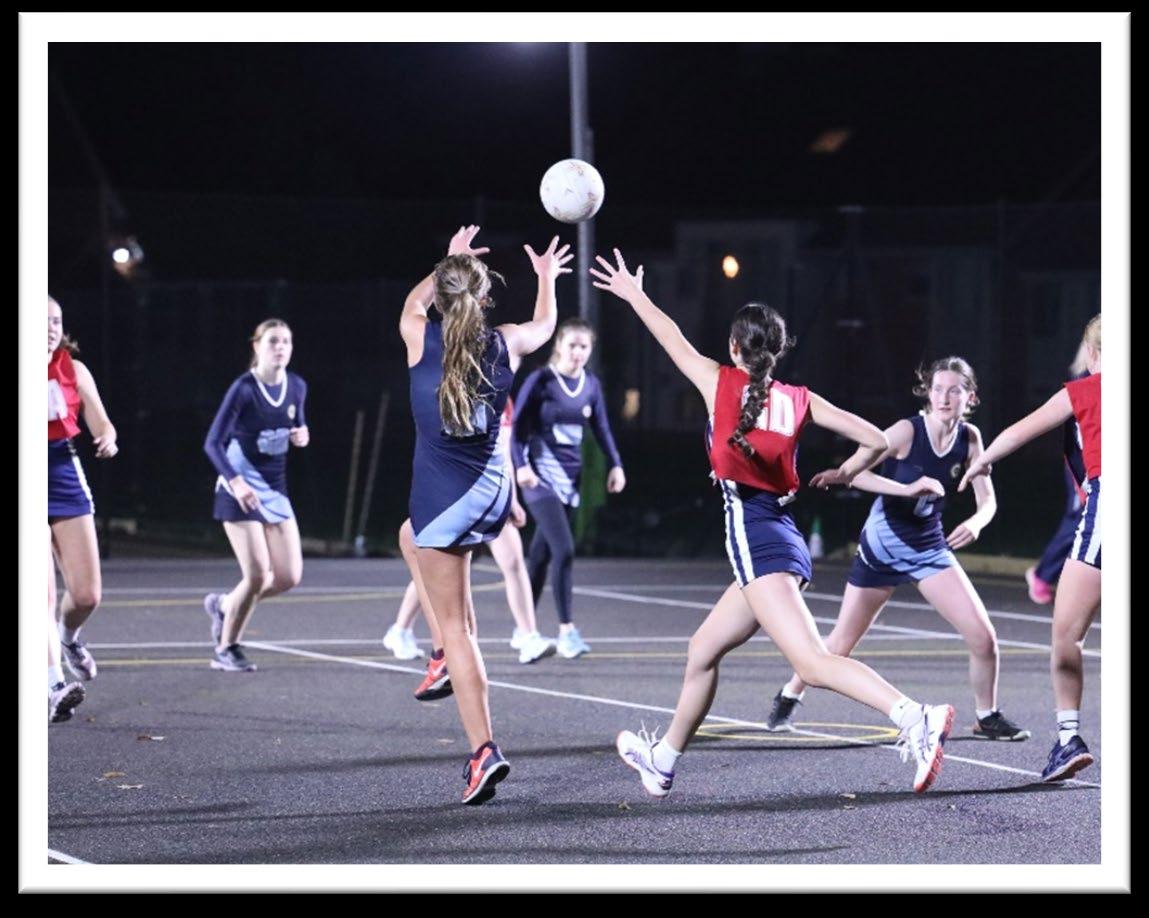
Sport and exercise are key components of excellent physical health and mental wellbeing. Provision is based on a wide variety of opportunities where pupils plan and organise their own commitments to suit their personal needs. As well two weekly sport lessons with a variety of activity choice, the department also offers team sports for hockey, netball, cricket, football, tennis and athletics.
Competitions are organised to allow pupils of all abilities the opportunity to play regularly for a team. Pupils are able to play the winter team sports of hockey, football and netball, some choose to play all three.
For pupils who prefer individual sport, swimming, athletics, cross country, squash, tennis, trampolining and fencing training and competition are available.
Pupils are also encouraged to take part in the school’s annual Sports Day and other House events through the year.
There are opportunities to do exercise and sport every day. These include:
• selection and attendance of winter and summer sports training sessions on two evenings a week
• selection and attendance at Senior tennis, athletics, and swim squads
• weekly health and wellbeing sessions are available including step classes and yoga
• the gym is available for strength and conditioning sessions, seven days a week
• group and individual fitness and event specific training for athletics
• a full range of additional paid activities where a fee is charged, including ballet, pointe, tap, freestyle dance, contemporary dance tennis, squash, trampoline and fencing
Many circuit training and fitness sessions are run for our athletes through the year, these are incredibly beneficial and excellent for our team players whilst also useful to those pupils who are training for a charity event.
It is expected that pupils plan and manage their own sporting requirements according to the training needs of their sport, personal interest or to maintain a healthy lifestyle.
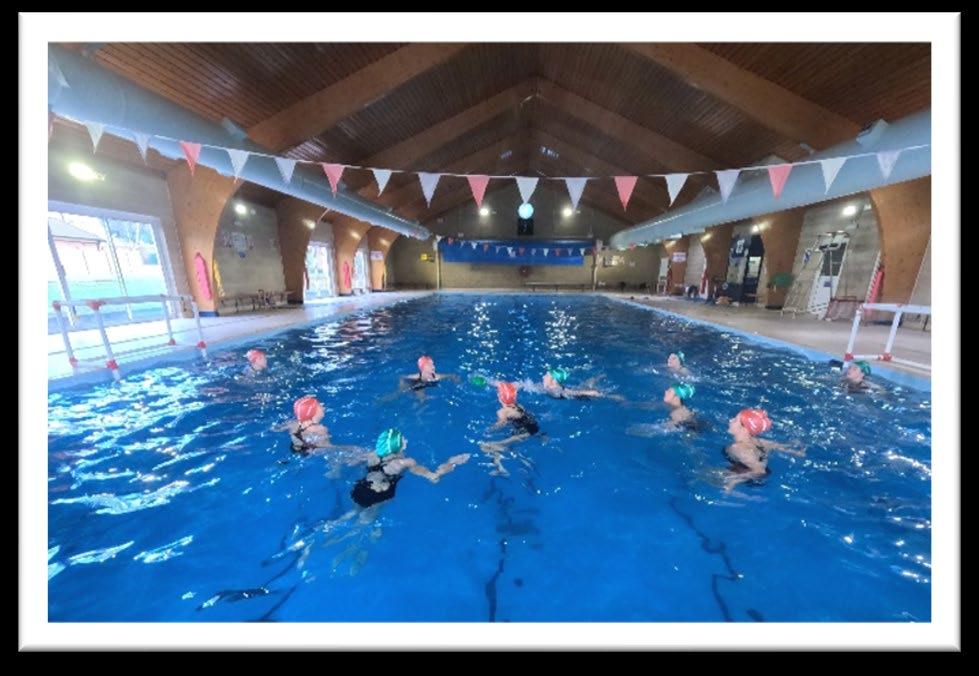

American universities provide opportunities for elite athletes from outside the US to pursue their university degree while continuing to train and compete at a high athletic level. Candidates applying for a sports scholarship are expected to have represented at regional or national level in their chosen sport.
Pupils hoping to be considered for a sports scholarship must meet typical college entrance requirements (published on the university admissions page) and continue to obtain satisfactory grades at university in order to receive and retain their scholarships. Sports scholarships are awarded by the university athletic department, with the athletic directors and coaches playing a central role in the decision making process. Pupils will be required to show clear evidence of current high levels of performance and commitment to the development of their chosen sport.
In the UK there are Sport England funded partnerships with universities and National governing bodies of sport to provide a Talented Athlete Scholarship Scheme (TASS) for those with a proven record of high performance and commitment. This helps athletes in education get the best from their sport and academic career without having to choose between the two. Athletes are nominated by their National governing body each year and eligible to represent England.

Gradually more UK universities are offering sports scholarships for a wide range of sports, including rugby, rowing, cricket, tennis, golf and basketball. Pupils often need to make an application for these scholarships before they know their A Level results, so the application deadlines need to be checked. Unlike sports scholarships in the US, pupils must apply to the course and university via UCAS before they can apply for the scholarships. The degree pupils wish to study does not usually have to be related to sport.
Typically, a UK university sports scholarship will offer pupils some financial support to cover the costs of their training and travel, which sometimes can be used for general expenses. Many of the scholarships will provide pupils with an additional support package such as physiotherapy, gym membership, coaching and mentoring, to ensure that they perform to their very best ability. As an example, the Universities of Bath and Loughborough offer sports scholarships up to the value of £2,000 - £5,000 per year. In contrast the US scholarships could be anything up to 100% of the fees with an equal emphasis placed on sport and academics. Please speak with the Director of Sport for more information.
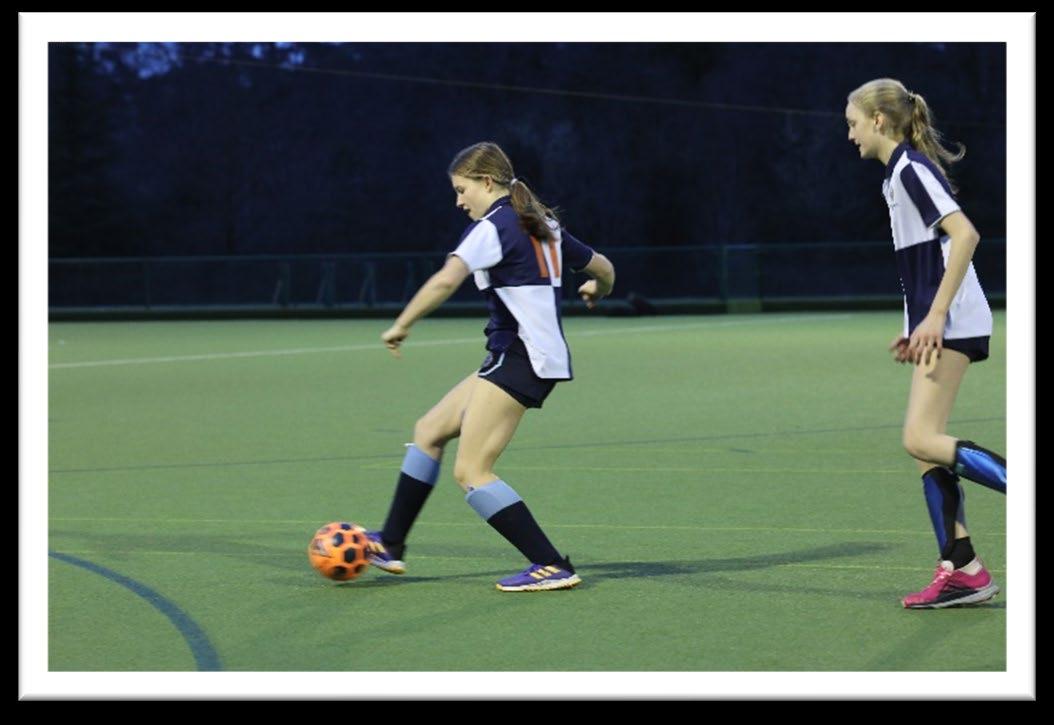



This award is widely recognised by employers and universities. University admission officers view the award with high regard because of the sustained commitment it involves alongside academic studies. This is the culmination of the challenge that forms the essence of the award. It presents a balanced non-competitive programme of voluntary activities, which encourage responsibility, self reliance, personal discovery and perseverance. It follows on from the Bronze and Silver programmes to further develop leadership skills and abilities. Participants will challenge their teamwork, problem solving and decision making skills, increase their motivation, enhance their self-esteem and develop their communication skills.
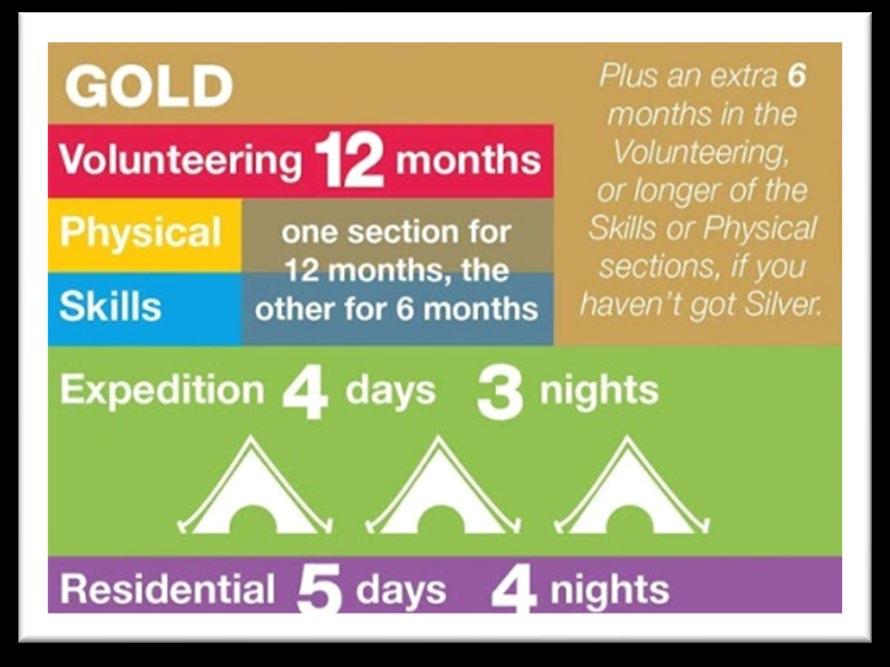
The Gold award provides the opportunity for young people to create a custom programme filled with activities that they enjoy or have an aspiration to achieve, whilst also satisfying the criteria laid out by the award. Students regularly use the activities that form their award to inform their applications to higher education and employers as examples of the skills and qualities that are sought out in society today. The tangible experiences that our girls have through their Gold Duke of Edinburgh’s Award provide firm examples of their ability to transfer these skills into the working world.
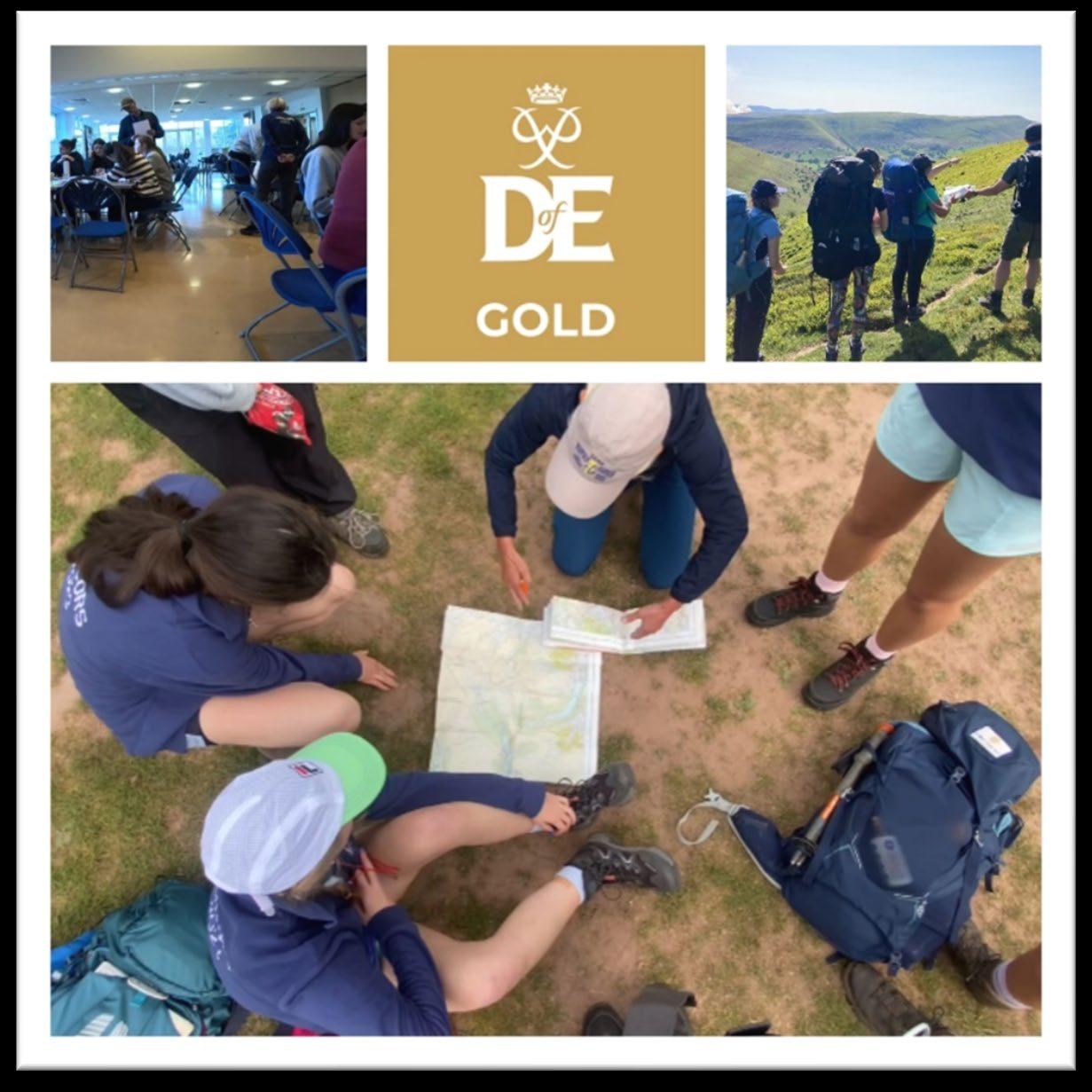
The award is run in the Sixth Form and is completed primarily in the Lower Sixth year so as to limit the impact on A Level examination preparation. There is a cost involved in completing this programme: a sign-up fee of £280 and additional charges for each expedition.
Volunteering - one service to be followed for twelve months or eighteen months if a direct entrant
Volunteering activities include:
• helping a department at breaks or at lunchtime
• helping the elderly at Ascot Day Centre
• helping to run a society
• helping in the school library
• umpiring and sports leadership
• scoring at Charters netball league
Skills - one skill to be followed for six or twelve months
Skills offered include:
• cookery
• drama
• chess
• singing
• musical instruments
• the Crest award
• computing
• bridge
• driving lessons
Physical - one to be followed for six or twelve months
Physical activities include:
• squash
• membership of a hockey or netball team
• golf
• tennis
• modern dance, ballet or tap
• fitness suite

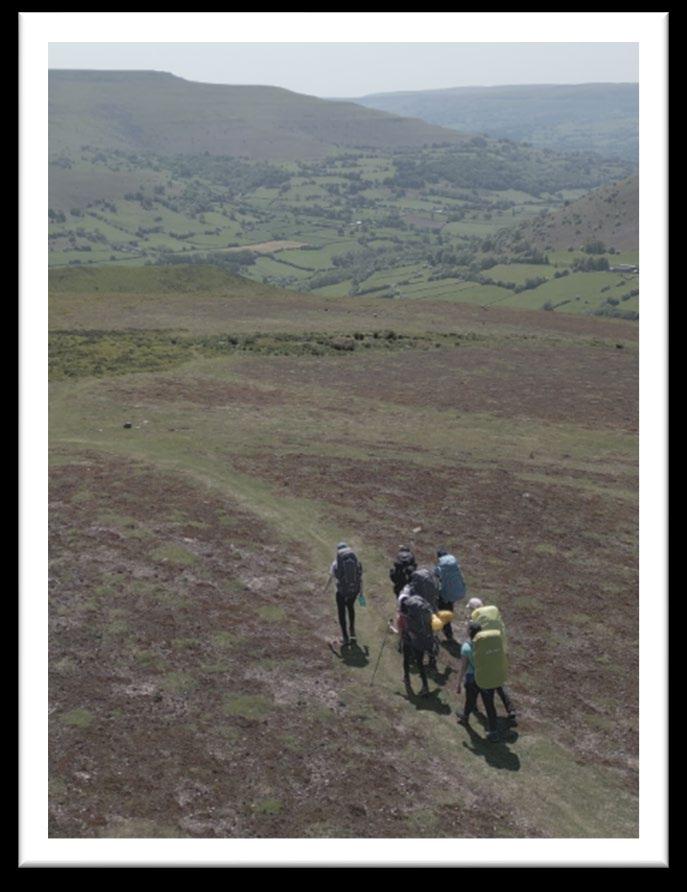

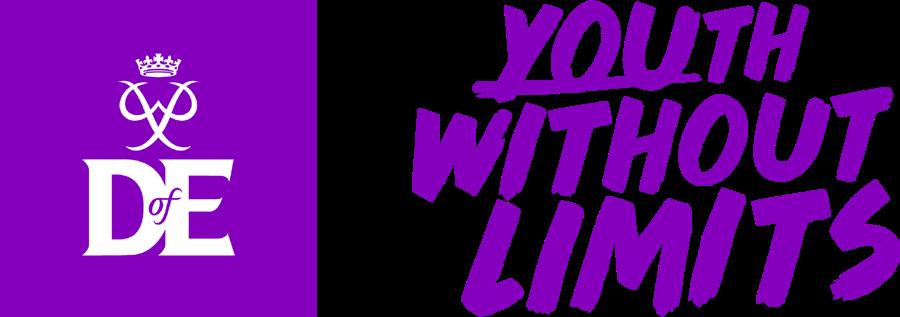
Expedition training consists of map reading, the use of a compass, camp cooking, menu planning, tent pitching, route planning and rucksack packing. Each of these skills is put to the test in ‘wild country’ so as to increase the level of demand that the Gold Award requires.
The practice expedition involves being away for 5 days with 3 nights under canvas in the Brecon Beacons over May half term. Pupils carry everything they require for the trip in their rucksacks. The expedition involves a hike of approximately 15-20km a day, during which the pupils learn more advanced navigational techniques following a prepared route in wild country. Each group is monitored by a member of staff who both trains and assesses their capability.
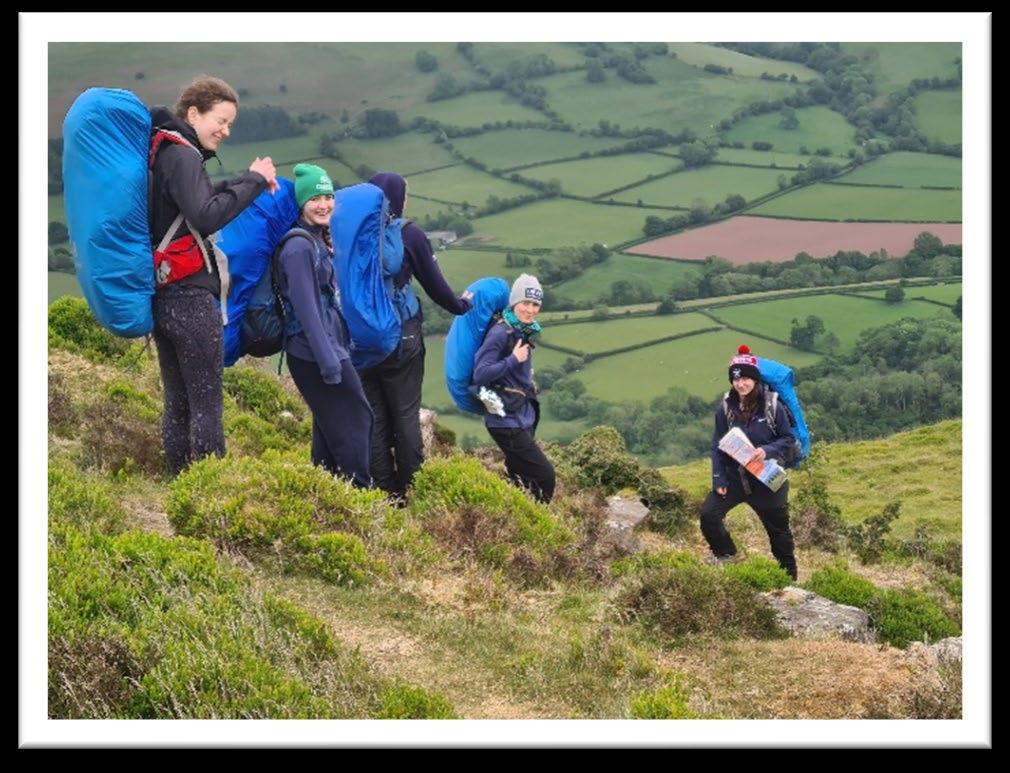
The qualifying expedition takes place in the south of France just before pupils return for their upper sixth year. This expedition is a true test of physical endurance, personal organisation and determination. 4 days of hard walking coupled with three nights of semi comfortable, but nonetheless basic, camping facilities, mean that the pupils have to be organised, independent and confident.
This section involves the pupils spending 5 days and 4 nights away from home on a shared activity with people they have never met before. This is arranged by the pupils themselves, usually in the holidays after the Lower Sixth. Many pupils from St Mary’s accompany a trip to Lourdes with their parishes for the residential part of the award. If you would like to know more about the Duke of Edinburgh’s Gold Award then please contact the Duke of Edinburgh Co-Ordinator for more information.
Head of Department:
About the course
Ms M Sifuna
This is not an A Level qualification.
It is an exciting opportunity to learn more about Computing, Coding, and Technology, enhancing digital skills. Lower Sixth pupils engage in self-directed courses to enhance their IT skills during Computing Technology lessons. These courses include online modules, mini projects, how-to guides, and practical tasks. Each pupil takes full ownership of their learning under the supervision and guidance of the Computer Science Department.

Students can gain real world insights into the workplace through engaging online work experience programs. Whether you are interested in technology, design, engineering, or business, online work experience allows you to:
• Connect with professionals from leading industries
• Work on real projects and develop problem-solving skills
• Build your CV and gain certifications for future applications
These programs offer flexibility, so you can complete them at your own pace while gaining valuable experience that prepares you for university or future careers.
• Basic Computer Literacy: Using software (Word processors, Presentation tools.)
• Internet Research: Efficiently using search engines
• Coding and Programming: Learning programming languages (Python, JavaScript, or HTML/CSS)
• Data Analysis: Using tools for data manipulation and analysis (Excel)
• Digital Communication: Proficiency in using email
• Graphic Design: Familiarity with graphic design tools for creating visuals (Blender, Sketch-up)
• Collaboration Tools: Proficiency in using tools (Microsoft Teams)
• Documentation Skills: Creating clear and precise documentation (Report writing)
• Familiarity with AI Tools: Effective use of AI tools and frameworks (Promotes to get the best results)
iDEA is an international, award-winning program that helps students develop digital, enterprise, and employability skills. Through a range of online challenges, you can earn careerenhancing badges and industry-recognised awards that help students stand out. Here is what iDEA offers:

• Interactive badges created with industry experts that you can access for free, anywhere, on any device.
• Skills development in coding, cybersecurity, entrepreneurship, and more, with badges varying in length and difficulty.
• Recognised achievements that can be added to your CV or university applications, like The Duke of Edinburgh's Award.
iDEA Record of Achievement - Universities and employers value iDEA and it can make a significant impact on a personal statement or job application.
Other Exciting Opportunities for EPQs and NEAs include:
• Word Processing: Using Microsoft Word for writing essays, report writing and structure, and other documents.
• Spreadsheets: Skills in using Microsoft Excel for data analysis, creating charts, and managing data.
• Presentation Software: Creating and delivering presentations using Microsoft PowerPoint or Canva.
• File Management: Organising and managing files and folders effectively on OneDrive.
• Internet Research: Efficiently searching for academic sources online.
• Basic Graphic Design: Familiarity with tools like for creating visuals and infographics.
• Collaboration Tools: Using platforms like Microsoft Teams to schedule meetings or online interviews.
Requirements
No previous knowledge is required, but a strong interest in developing a greater understanding of and experience in technology is essential.
These programs are designed to give you practical experience; apply what you learn to real world scenarios
It will involve one lesson a week depending on the pupils’ other options. There is a fair degree of flexibility depending on the skills a pupil wants to acquire and the support they require.
There is no set specification. However, this could include completing a project or course.
This course offers valuable support for a variety of university courses and careers, including architecture, computer science, graphic design, accountancy, journalism, engineering, medicine, law, and psychology. The experience may provide an essential component for a personal statement, interview, or work submission.
Depending on the options chosen, this course could lead to a greater understanding and the development of skills that could support careers such as accountancy, data analytics, computer-aided design (architecture, graphic design), computer programming, web development, research, and journalism, to name but a few.
There are many adult choices and decisions which need to be made in the Sixth Form. They are really exciting and there are many people here to help.
• Which course you might like to read at university?
• Which universities to apply for?
• Whether or not you want to try for Oxbridge.
• Whether to apply post-A Level application.
• Whether or not to take a year off before embarking on higher education.
Some of you may even be attracted to applying to universities in Ireland, mainland Europe, North America, or other global institutions where some different courses are available. These applications can be made in addition to your UK application.
Fortunately, much help and guidance is available at St Mary’s. There is a programme of talks to take you through the UCAS application process. There are websites including Unifrog which help you identify courses that match your interests and skills, and a wealth of information in the careers library. In the summer term you will be able to attend three university open days during the school week (more in your own time) in order to see first hand what university life is like. Ongoing discussions with your tutor, the Director of Sixth Form, Deputy Director of Sixth Form and your subject teachers will also help you.
All Sixth Form pupils are given help with interview technique which is a useful life skill whether for university or a job application. During October and November of the Upper Sixth all Oxbridge and Medicine applicants are given additional advice and interview practice to help prepare.
You will follow a structured programme that covers the production of your personal statement. This crucial part of your UCAS form is the best chance to sell yourself to your chosen universities. Staff with particular skills in drafting these documents, including your tutor, the Deputy Director of Sixth Form and the Director of Sixth Form, provide advice and training. There are personal statement workshops in the Lower Sixth to help you develop a working draft, with a series of support sessions from the Director of Sixth Form and tutors.
Another crucial part of your university application, whether through UCAS or to North America, is the school reference. This is produced by combining the most positive and supportive observations from all of your subject teachers, your Head of House, your tutor and the Director of Sixth Form. This means that a whole range of people who know you very well and who have a great deal of experience in contributing to references are involved in
ensuring you receive the very best support. Pupils are always delighted by the content of their references and admissions tutors frequently tell us how helpful our references have proved in helping them make offers.
A range of universities, courses and employers expect applicants to have GCSEs at Grade 4 or better in Mathematics and English. It is therefore school policy that all pupils in the Sixth Form should either possess these qualifications or be working towards them in order to ensure that they have the widest possible choice of courses, institutions and careers.
During the Michaelmas term, Upper Sixth pupils join their counterparts from Charters and Mulberry Schools for an afternoon of interview practice. The intention is to provide an opportunity for pupils to respond to Oxbridge style questions delivered by an unfamiliar interviewer. This helps build confidence as well as encouraging reflection on performance while there remains time for improvement.
Oxbridge and Medicine preparation
Preparation for Oxbridge work must begin as soon as possible in Lower Sixth. From the start of the Lent term in the Lower Sixth and continuing to the end of the Michaelmas term in the Upper Sixth, there is a detailed programme of information and support to develop pupils’ academic skills and to highlight the need for additional independent reading and research. Members of the Lower Sixth also receive advice from a visiting Oxbridge admissions tutor. These events raise awareness of the opportunities and challenges inherent in aspiring to Oxbridge. Medics are supported by the Science department who offer a minimum of two weekly sessions in the Lent to Michaelmas period, focusing on ethics, admissions tests and multiple mini interviews preparation.
General
Wherever you hope to study after leaving St Mary’s and whatever subject or subjects you hope to study, we provide training, advice, support and encouragement. The school has a long tradition of successful Oxbridge preparation. We have achieved offers from an impressive range of US universities and work closely with the educational provider Millie to maintain this level of success. We regularly have pupils apply to Irish universities. We are able to offer detailed advice on applications to medical schools and many St Mary’s pupils have gone on to successfully qualify as doctors. We keep completely up to date with all developments affecting UCAS applications and give detailed advice to every pupil to ensure she has the very best chance of realising her ambitions.
There is a great deal of information and guidance available at St Mary’s to help you choose the most suitable career.
The Careers Co-ordinator is responsible for overseeing the provision of careers advice and is here to guide you around the wealth of careers information. St Mary’s will also continue to draw on the expertise of external organisations with every Lower Sixth pupil given the opportunity to have a one-to-one meeting with expert careers adviser Bella Eccles from ‘Tinker Tailor’ (a careers guidance organisation offering a very personalised and impartial approach to personal development and career planning)
The careers department has an extensive collection of careers resources which are held in the school library. It contains regularly updated copies of prospectuses, reference books and journals, as well as information on Gap projects, sponsorships, revision courses, open days, etc. Every pupil is given a Unifrog account and we encourage pupils to make full use of this valuable online resource. A regularly updated careers bulletin can be found in the careers folder on the schools intranet, Smile, showing current careers opportunities.
St Mary’s ‘Inspirational Women’ series hosts a huge variety of speakers who share their career experience with all year groups. Recent themes for careers seminars have included:
• Development
• Education
• Engineering
• Entrepreneurship
• Film, TV and media
• Finance
• Forensic psychology
• How to become a successful author
• Interior Design
• Journalism
• Law
• Marketing
• Medicine
• Music and Business Management
• Public relations
Parents and St Mary’s Alumnae frequently offer help with careers. Many have come along to St Mary’s to talk about their own careers and offered invaluable work experience. St Mary’s and St Mary’s Alumnae hold a biennial careers conference for Years 10, 11 and Sixth Form. This is an ideal opportunity to hear about some of the careers which past St Mary’s pupils have chosen and is one of the most valuable and informative ways current pupils can find out about possible university and career choices available to them. Pupils can also opt to be part of our bespoke mentoring scheme, which pairs pupils with appropriate alumnae to support their careers journey.
Pupils in Upper and Lower Sixth are encouraged to attend careers experience courses wherever relevant. Pupils are informed of all opportunities available as and when they arise. Some may be just for one day, for example ‘Careers in Medicine’, ‘Working in TV and radio’, etc. and others may take the form of several days on a ‘Women in Science and Engineering’ or Medlink course or taster workshops at a range of London universities. Many take place during the school holidays and cause minimum disruption to the school term.
Most pupils in Upper and Lower Sixth will have completed some work experience or shadowing prior to making university applications. Very often pupils have an inspiring time and may find they have a very useful contact for paid employment in the future. Others may discover that as a result of work experience, they no longer wish to pursue that particular career route, which can be an equally valuable outcome. Work experience is organised by parents with an employer, but the Careers Co-ordinator is very happy to provide help and support, especially with Curriculum Vitae writing and applications.
Examples of work experience feedback:
Veterinary
“I watched a number of surgeries which included procedural check-ups, x-rays, grooming and microchipping. I learnt how to handle and restrain stressed animals, the importance of verbal communication and gained experience in pre and post op procedures. The placement helped boost my confidence and I learnt a lot about the fast paced and physically demanding aspects of veterinary science.”
Journalism
“Most days I was given articles and cover stories to proofread and fact check. I also helped search for images via Facebook and Twitter. I really enjoyed being trusted with the tasks given to me and having my opinion valued. I now feel that I can transfer all the skills and knowledge I gained into running my own magazine. My self confidence in my proofreading ability has definitely improved!”
Theatre
“I sorted scripts for the coming production, helped paint scenery, helped out with a performance of the youth theatre and sorted applications for the assistant stage manager’s position. I really enjoyed my time. All the staff went out of their way to involve me in activities. I learnt that acting is an uncertain career because you can be out of work for a while and the hours are not always sociable. It is also a good idea to have another degree as a backup.”
“I arrived at chambers at 9am and spent the morning reading about cases that Mr Stewart thought I might find interesting. I was then taken for a tour of the Temple where I saw Temple Church and the Inner Temple Inn Library. I found it quite hard to concentrate for so long on something I didn’t really understand, but it was an experience to see the lawyers spending so much time discussing whether or not to take a case. I would definitely consider a career in this field and would recommend this work experience to others interested in studying law.”
“I was allowed to actually watch real operations. It was very interesting to see if I could actually handle blood. I could!”
“My time at Barclays was fascinating and they were brilliant about having me. It must have been incredibly disruptive but they still managed to fit me in amongst everything else. I spent a lot of time on the trading floor and saw what a male dominated environment it was and also how small. Each person has about three square feet of desk space and four to six computer screens on that. It was also interesting to see the number of people who spoke an extra language and the variety of languages spoken.”

Every year a number of pupils choose to apply to North American universities. The reasons include the global employment market or wanting to learn about another culture, lifestyle, educational system and the flexibility of the degree structure. They often apply to UK universities as well, thus increasing the number of applications which they can make. This can allow a pupil to select the best offer they receives from either side of the Atlantic.
However, it is important to be aware of the differing costs involved in studying in North America. Whereas a proportion of the costs of studying in the UK is still met by the government, regardless of parental income, all but the very poorest must pay a very substantial fee in order to study in the USA. It is vital for pupils to discuss all of this with their families.
St Mary’s pupils have made successful applications to a range of universities including Harvard, Yale, Princeton, Brown, Columbia, Northeastern, Duke, UPenn, Georgetown, NYU, Boston College, Johns Hopkins, University of Chicago, Notre Dame and Boston University in the USA and to UBC and McGill University in Canada. Our partners, Millie, take a great deal of time explaining the UK examination system to admissions tutors in the USA and we write references that address their needs. We cannot be experts on the wide range of institutions on offer so we retain Millie’s services as a market leader in providing US guidance.
There are opportunities to hear from experts at Millie and visiting speakers from North American universities either at St Mary’s or by invitation at other local schools. These can be a good way of finding out more and judging whether what is on offer is really what you want.
ACT/SAT training starts in the Michaelmas term of the Lower Sixth, with pupils taking the ACT/SAT test for the first time in the Lent term. Further test sessions are available in September, October and December of the Upper Sixth. ACT/SAT training at St Mary’s is offered by Millie with further support provided by academic departments. The school has an established relationship with this highly regarded provider, which works with a number of leading independent schools.
Millie are available to support you throughout the process from first considering whether a North American undergraduate degree would suit you, through the arrangement of ACT/SAT training to the selection of universities and completion of the demanding application forms and accompanying essays. We are delighted to support such adventurous choices through our association with Millie and can put pupils in touch with alumnae with recent experience of the North American system. This training and associated advice is at an additional cost to parents.
However, it is important to acknowledge how much additional work is involved in making such an application and the need to be extremely well organised and responsible, as ACT/SAT training is demanding and very time consuming.


Many pupils like to go travelling between the end of their final year at school and the start of their university course, apprenticeship or further career plans in October. This usually gives them enough time to choose a short travel itinerary or perhaps join an organised programme.
Some pupils opt for a whole year out and combine a cultural project with exciting travel destinations. Pupils can decide to organise the whole venture themselves or sign up with one of the many companies that offer complete year out packages. Examples of these packages include a six month teaching post in India followed by an exciting travel itinerary taking in as many countries as you wish to visit.
At St Mary’s we can offer advice and guidance on which gap year itinerary is best for you, your needs and the time you have available. Some pupils use their gap year to prepare them for their university course, for example travelling and working in Spanish speaking countries prior to studying Spanish at university, while others choose to spend the time developing new skills for instance enrolling on a three month long cookery course or acquiring useful office and business skills. Working with charitable organisations is also popular and a fulfilling option favoured by many pupils.
With the advice given by the Sixth Form team regarding career and university placements, including whether or not a gap year is advisable, every pupil should be able to make the right choice regarding her future plans after leaving school.
At the beginning of the Michaelmas term two or three Liturgy Captains from the Lower Sixth pupils are appointed by each Head of House. They undertake training for the role, which includes safeguarding and anti-bullying training. They work closely with Canon PJ the School Chaplain and their Head of House in all liturgical matters and are supported by the Chapel Housekeeper. The Liturgy Captains’ Handbook guides them in this crucial role.
The main role of Liturgy Captain is a serious commitment to the smooth and proper running of Chapel and Mass and therefore an important role vital to the Catholic life at the heart of the school. Whilst the activities carried out by the Liturgy Captains are largely behind the scenes, the results of the work are very publicly displayed in the serious and solemn setting of Mass. In addition to preparing the Chapel for Mass, they write the bidding prayers ensuring all Church, global and local needs are prayed for and they prepare the readers and servers.
The Liturgy Captains also run evening prayer sessions for each year group in the Chapel. These sessions give pupils the opportunity for quiet prayer and reflection and hearty singing together. They are usually followed by hot chocolate and cookies, at which the Liturgy Captains enjoy getting to know the younger pupils.
All pupils in the Sixth Form are able to lead a healthy spiritual life. The school gathers in Chapel four days a week and all pupils are able to visit the Chapel for personal prayer whenever their timetable allows. The senior pupils are encouraged to lead school prayers on matters of faith and behaviour, and at significant liturgical times of the year, giving younger pupils examples of how to live an active Catholic life. In Mass, they are encouraged to take part by reading, singing or becoming Eucharistic Ministers. Twice a term, pupils are invited to attend Exposition of the Blessed Sacrament for prayers and readings in the Chapel. Some pupils attend activities outside school such as Youth Days, or Prayer Days and many enjoy taking part in an annual pilgrimage to Lourdes, going with different organisations, Order of Malta Volunteers (OMV) being most popular. Their Lourdes week is spent looking after the sick and attending Masses and services at the grotto, coupled with having fun, meeting other young volunteers.
to be included – requested from CJE
Isabella Ooms De Calonje, Head Girl
Prefects help the Headmistress and Deputy Heads to run the school smoothly, and they are regularly consulted on matters which affect pupils. They are expected to be reliable and to be committed to upholding the school’s ethos in their leadership. They support decisions taken by the Headmistress and Deputy Heads and they encourage their peers and younger pupils to maintain high standards of behaviour and engagement in school life. They assist at all school functions and host visitors, promoting a culture of kindness throughout the school.
At the start of the Michaelmas term each year, all prefects have an evening of induction training with the Headmistress where they reflect on their responsibilities, including thinking about different scenarios and how they would respond. This includes safeguarding and anti-bullying training to support the vital role they have with the younger pupils and is followed by a prefects’ dinner with Heads of House and other senior staff.
There are two types of prefect: Lower Sixth prefects and Upper Sixth prefects, as well as Liturgy Captains, of which there are 3 or 4 appointed in the Lower Sixth of each house, who support the Catholic life of the school.
The Lower Sixth prefects are the 6 house captains and 6 deputy house captains. They lead their House pupil body and they meet regularly with their Head of House. Among other duties, they help to run House meetings and plan duty weekends, review the green and blue tickets for the House and allocate House duties during the week and at weekends. They meet as a group at Lower Sixth prefects’ coffee with the Headmistress and Deputy Heads three times a term, where they contribute their views to discussions on whole school and House practices and procedures. They also meet with the Director of Sixth Form to discuss matters that are relevant to their own year group.
The Upper Sixth prefects consist of the Head Girl, two deputy head pupils, three captains of music, drama and sport and a number (usually between eight and twelve) of further prefects. All prefects are responsible to and supervised by the Headmistress, Deputy Heads, Head of Mary Ward and by the Heads of the relevant departments. The Upper Sixth prefects are important role models for younger pupils throughout the school.
The Head Girl and her deputies meet once a week with the Headmistress and the Senior Deputy and they also run the School Council. The drama, music and sports captains assist their respective departments and are always on hand to promote their subjects around the school. All Upper Sixth prefects meet as a group at Upper Sixth prefects’ coffee with the Headmistress and Deputy Heads three times a term, where they can contribute their views to discussions of whole school practices and procedures. They also meet informally with the Director of Sixth Form to discuss matters that are relevant to their own year group.
The further Upper Sixth prefects also chair the pupil committees within the school listed below and they elect to assist with the Ministry in school in praise and worship, organising Eucharistic ministers, and welcoming visiting priests and other visitors. Each committee comprises a member of staff and two pupil representatives from each year group from Year 7 to Lower Sixth. The Upper Sixth prefects set the agenda with the member of staff and represent their year group at meetings. They take, produce and distribute the minutes, after consultation with the member of staff.
• Charities committee
• Cyber and Technology council
• Food committee
• Library committee
• Wellbeing committee
• Sports committee
• Eco committee
• Pet Welfare committee
• Socials committee
In April, all pupils in the Upper Sixth who have been prefects are rewarded for their work with the Prefects Treat. This usually involves going out for dinner accompanied by the Headmistress, the Senior and Pastoral Deputy Heads, the Director of Sixth Form and Head of Mary Ward House.
Being a prefect is a very rewarding experience: they have a significant role in helping to run the school and their ideas help to inform and shape how the school feels and what we do. It is, of course, a role that looks very good on a UCAS form and CV, and it is a wonderful way for senior pupils to demonstrate their service, commitment and love to the St Mary’s community.

In the Upper Sixth, you move from your previous houses into Mary Ward House, a purposeful and exciting transition between school life and the greater independence of university. This stage brings increased freedom, responsibility, and trust, helping you grow into the next chapter with confidence.
Mary Ward House is now located in the beautiful Mary Breen Courtyard. Like the Lower Sixth Courtyard, it is set apart from the main school, centred around a peaceful green space where you can sit and relax at lunch or after school (English weather permitting!). Each house includes en-suite study bedrooms with high-speed wireless internet, a shared kitchen, and a welcoming sitting area, creating a warm and sociable home environment.
At the centre of the courtyard is the pastoral centre, a flexible space used for house meetings, fitness sessions, visiting speakers, and social events. These include house dinners with the Head of House, Wine Society gatherings, and reflective opportunities that contribute to your wellbeing and spiritual development. There’s even a treatment room available for practices like the Alexander Technique, supporting both physical and mental wellbeing during a busy academic year.
Mary Ward is very much a home away from home. Your Head of House, residential staff and tutors are available on night duty in the courtyard office, offering support and guidance whenever it’s needed. The atmosphere is one of community, encouragement, and shared experience; a place where everyone is valued and supported, much like an extended family.
As an Upper Sixth student, you are trusted with greater freedom. There are no house duties, and you can now scan out further afield and stay out later, provided you remain in pairs, give clear details of your destination, and continue to look out for one another. You are also welcome to invite guests to share a meal or join you for a visit, and many enjoy visiting nearby Windsor and Eton, which are just a short distance away.
We believe in balance: working hard, but also enjoying rest, friendships, and new experiences. While academic work remains a priority, there is an expectation of personal responsibility and wider reading. Upper Sixth affords you space to pursue driving lessons, visit the cinema, spend time in the Orchard Centre, and enjoy many other activities. Our Wellbeing Weekends provide time to recharge and bond with the year group, in the midst of school life.
Life in Mary Ward is shaped by mutual support, deep friendships, and shared responsibility. It can be as rewarding as you make it. By the end of your time here, you should feel ready to step into higher education or the world of work with resilience, self-belief and with friendships and support that last far beyond your time at St Mary’s.

“There is no such difference between men and women that women may not do great things, as we have seen by example of many saints who have done great things. And I hope in God it will be seen that women in time to come will do much.” Mary Ward, 1585-1645

To provide a modern and holistic Catholic education of outstanding quality for young women to inspire and empower them to play their full part in the global community.
The Board of Governors defines the school through five features:
Catholic Girls Boarding Small size Academic
The school’s Ethos to realise this Vision is:
• Nurturing in each pupil a sense of their own worth and talents by fostering their intellectual, spiritual and personal development.
• Developing in each pupil a love of learning and independent thought through a rigorous academic education.
• Promoting a strong sense of personal responsibility, kindness, cooperation and social justice founded in respect for the diverse needs of others in a global community.
• Encouraging each pupil to enjoy the full sacramental life and spiritual richness of the Catholic Church.
• Fostering a partnership between parents, school and the wider community.
• Inspiring in each pupil the confidence to collaborate and to lead through an enriching and fulfilling boarding experience.
• Following in the spirit of Mary Ward who cherished 'freedom of spirit, sincerity, and a cheerful disposition'.